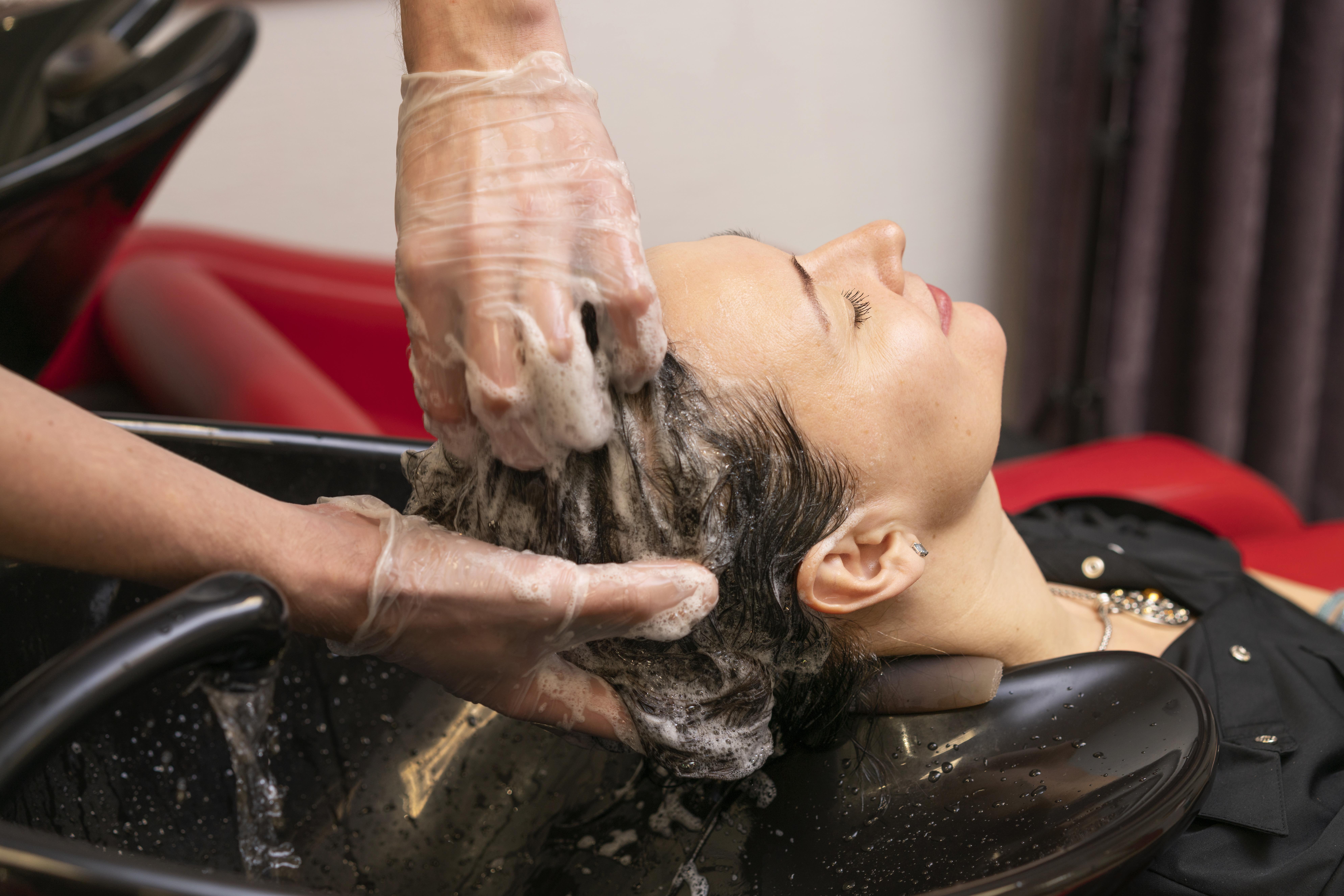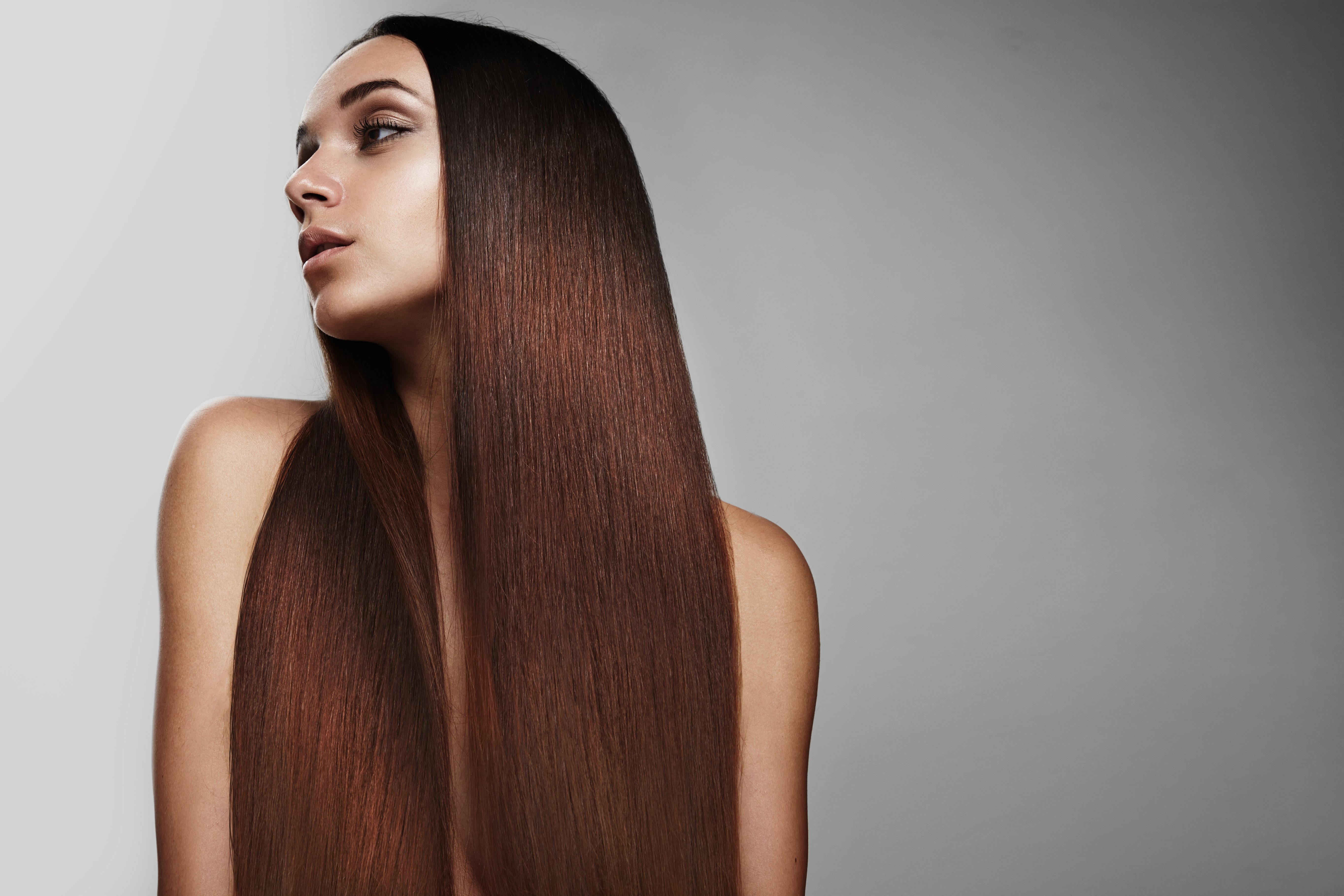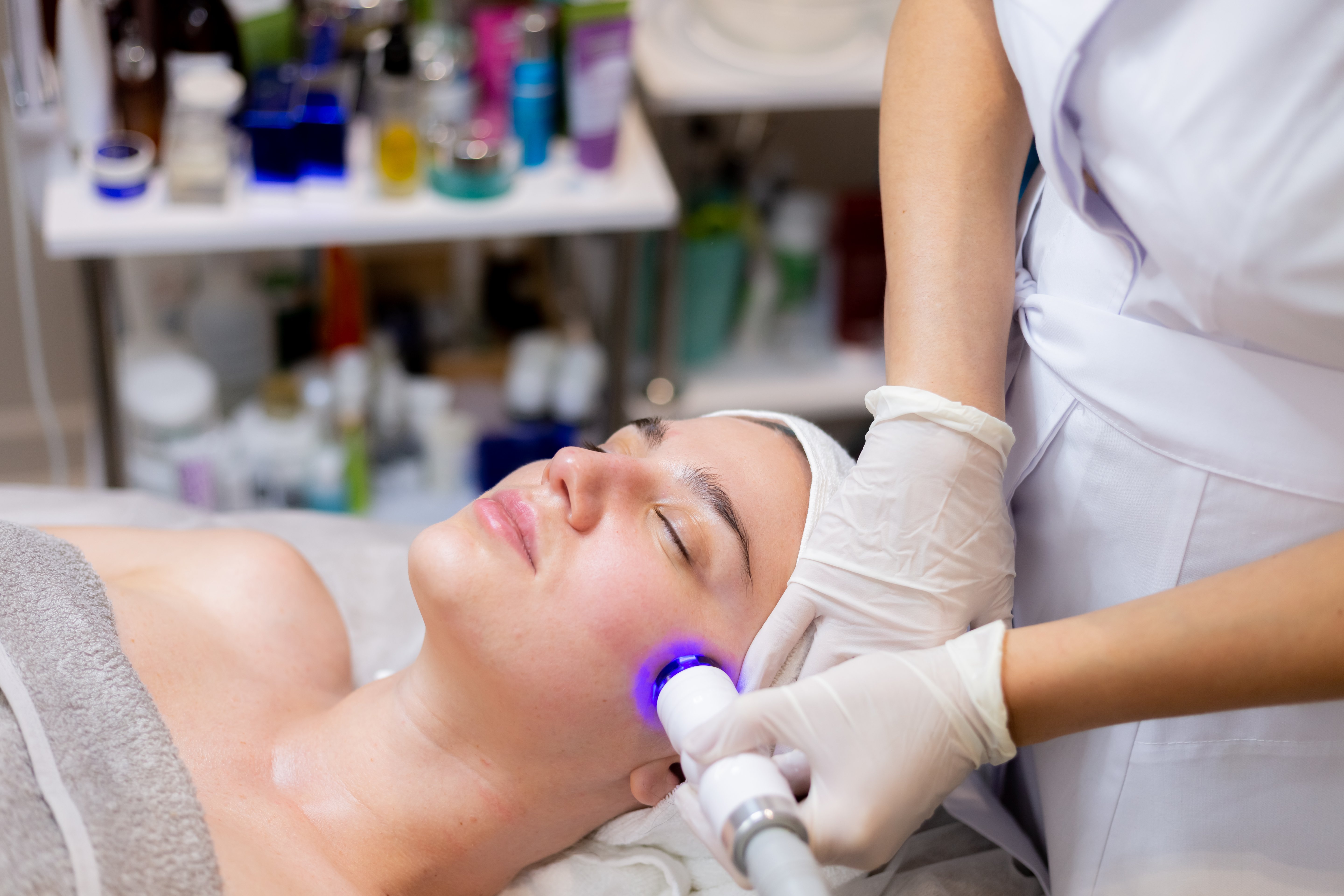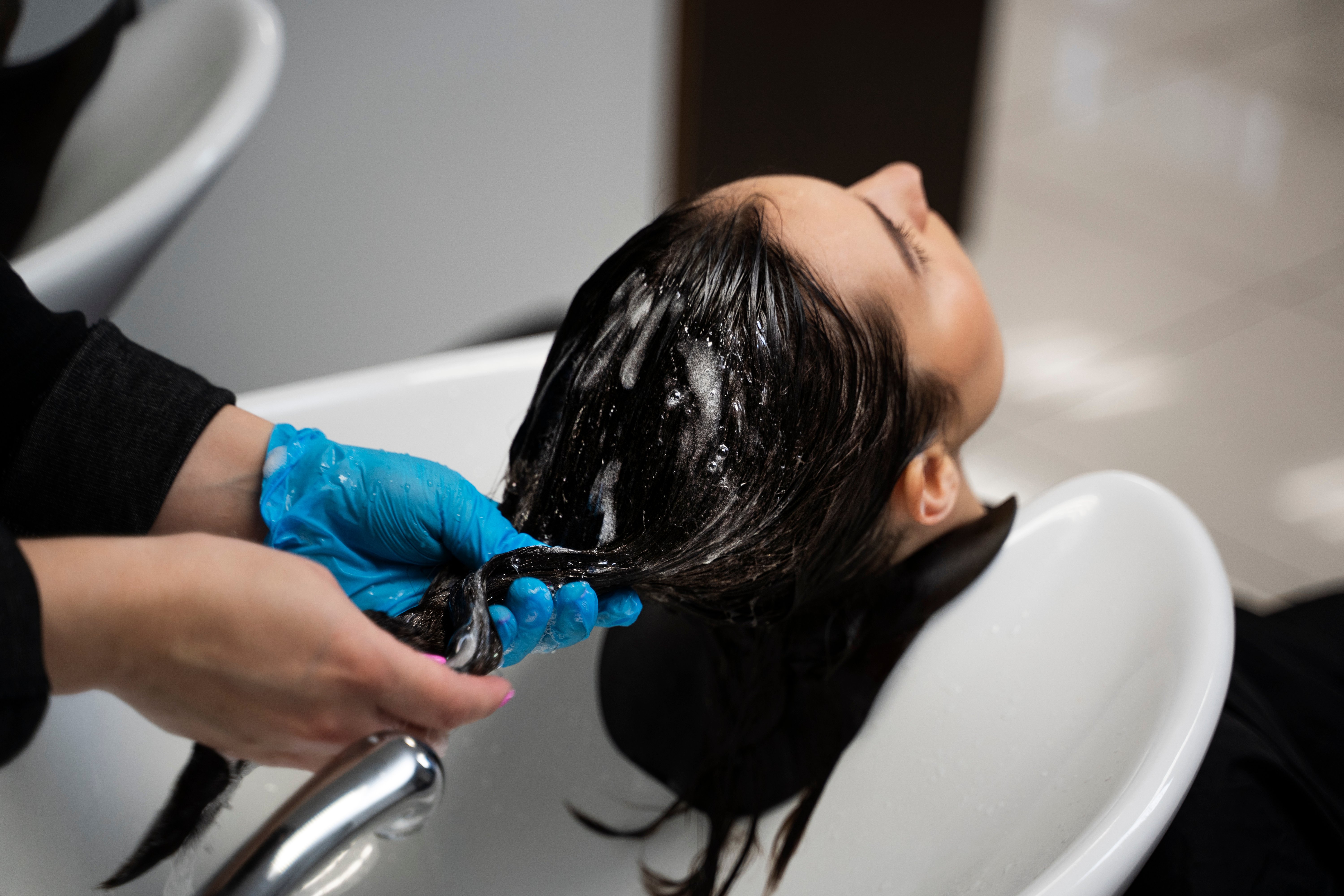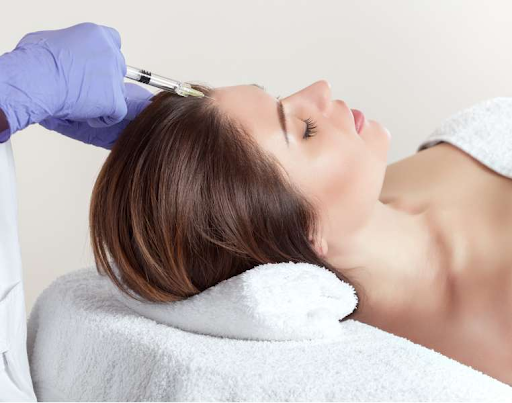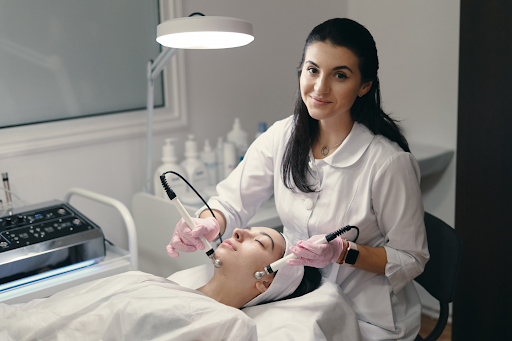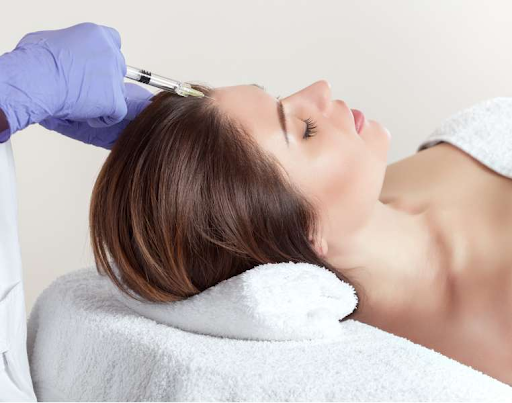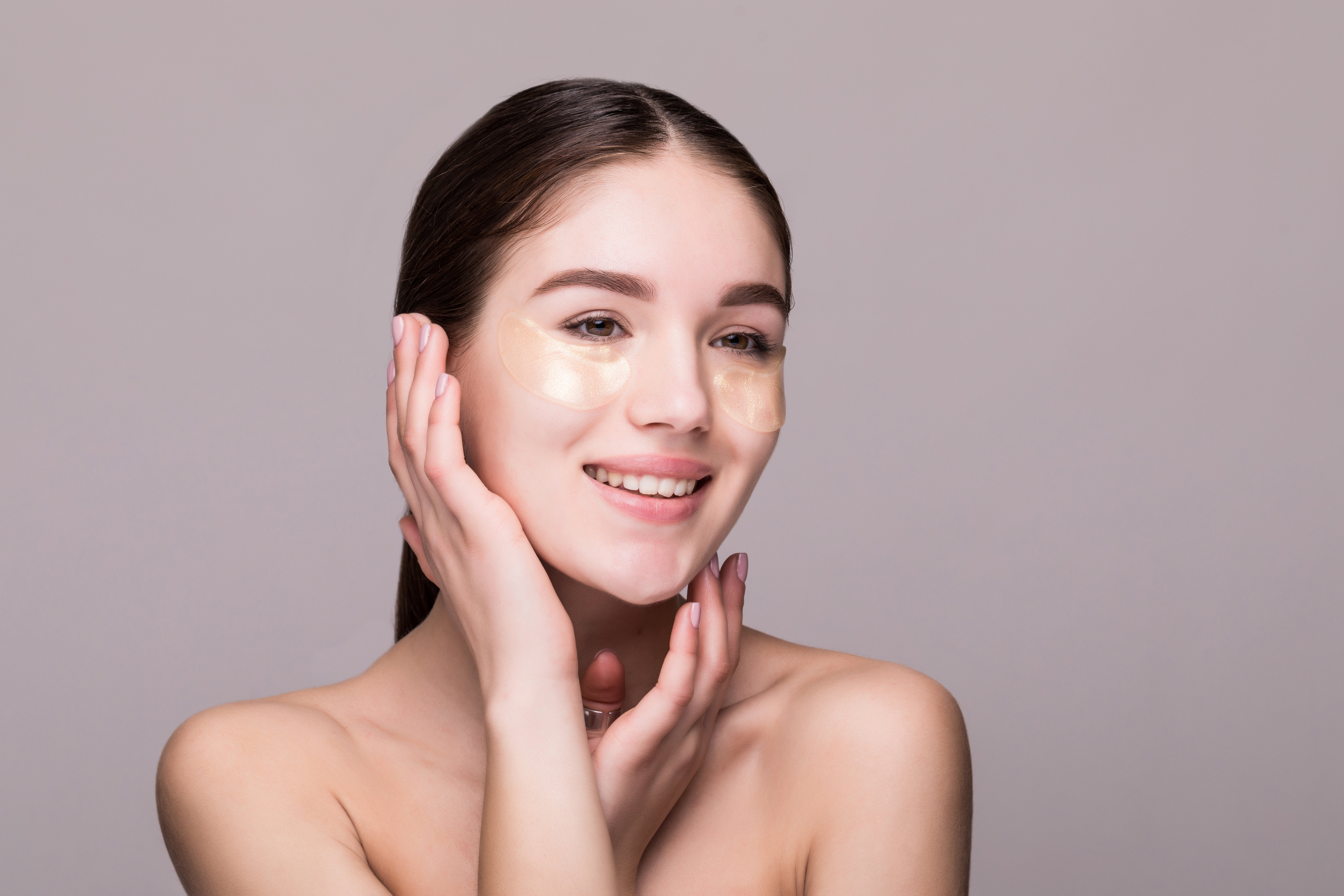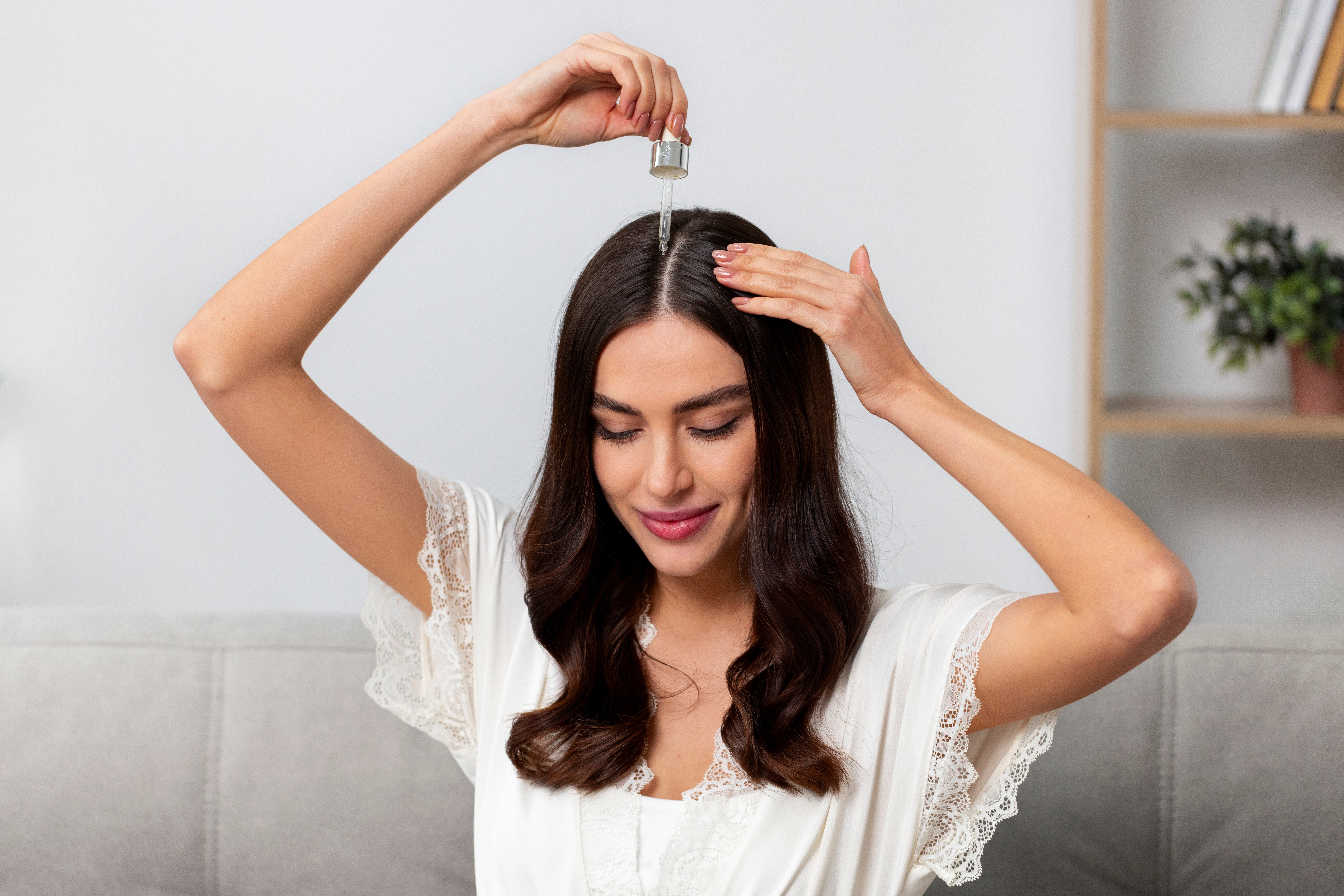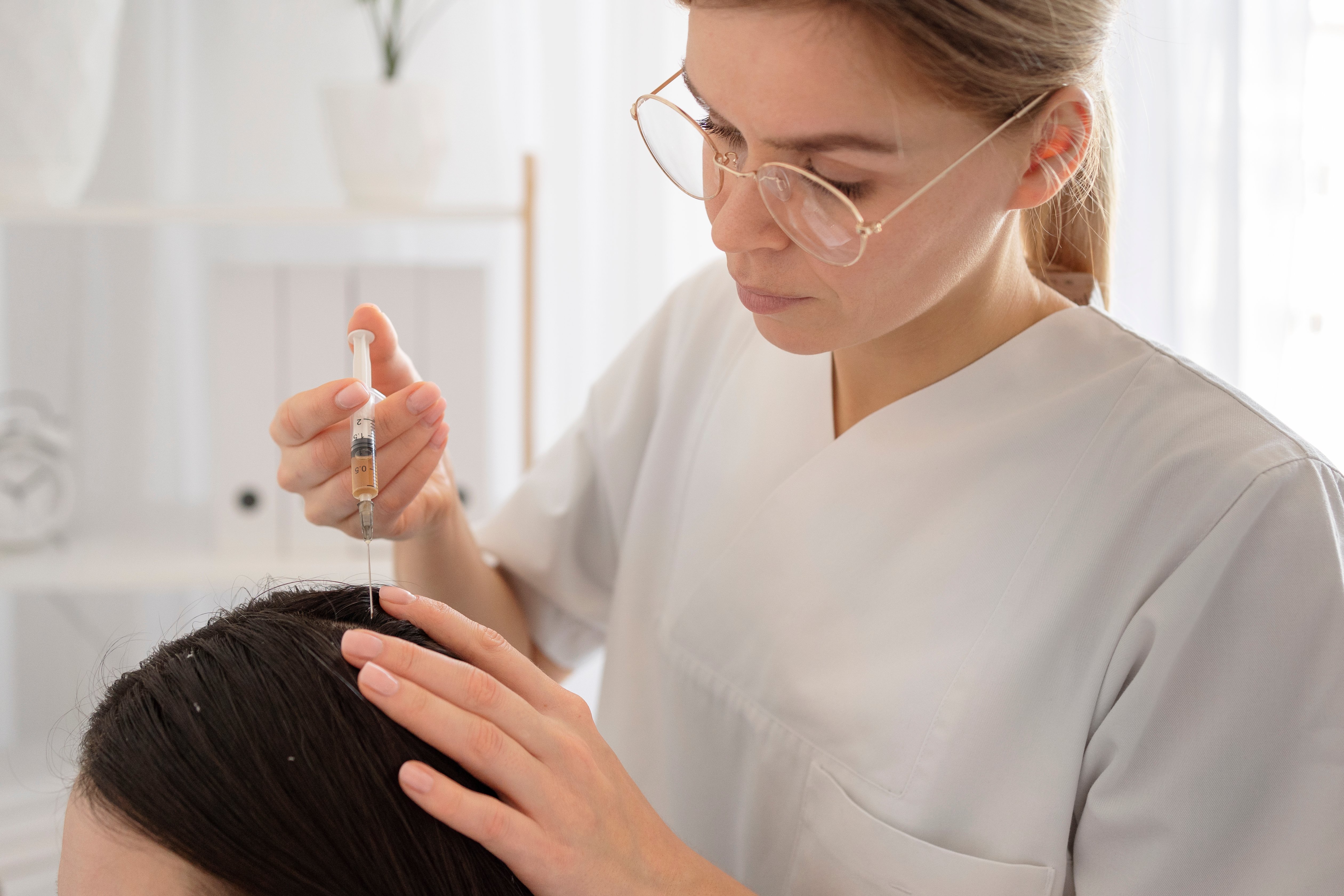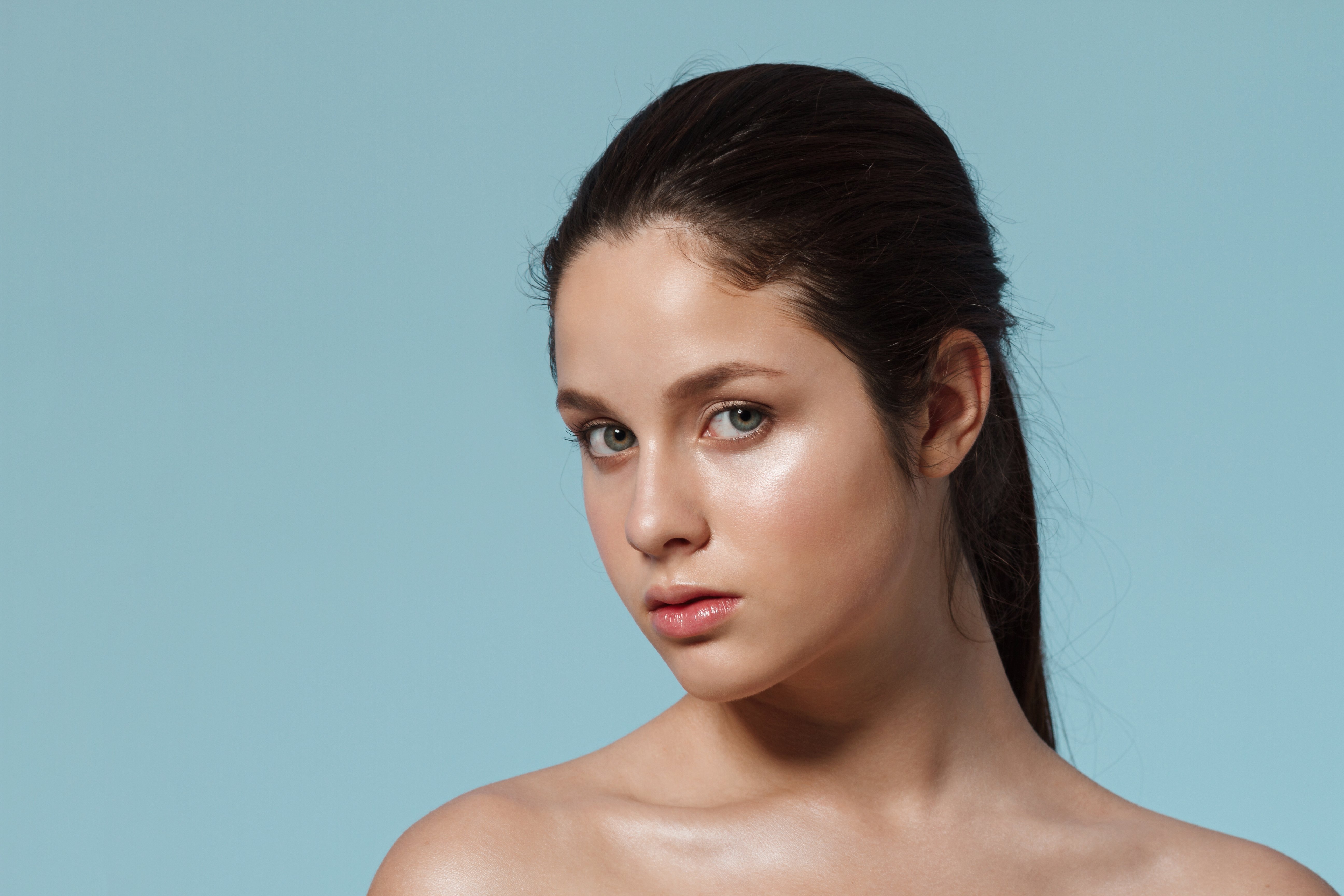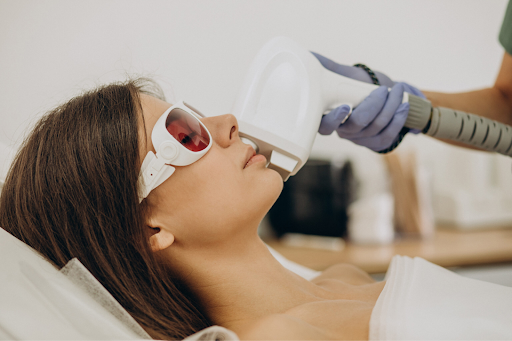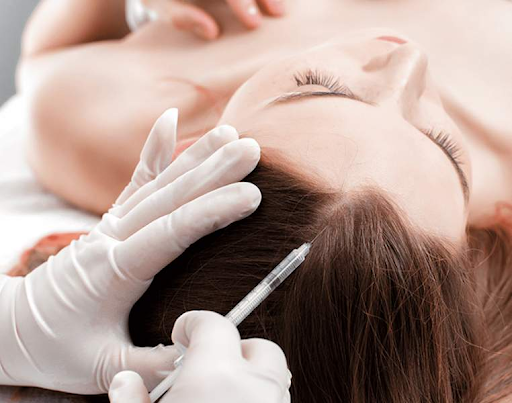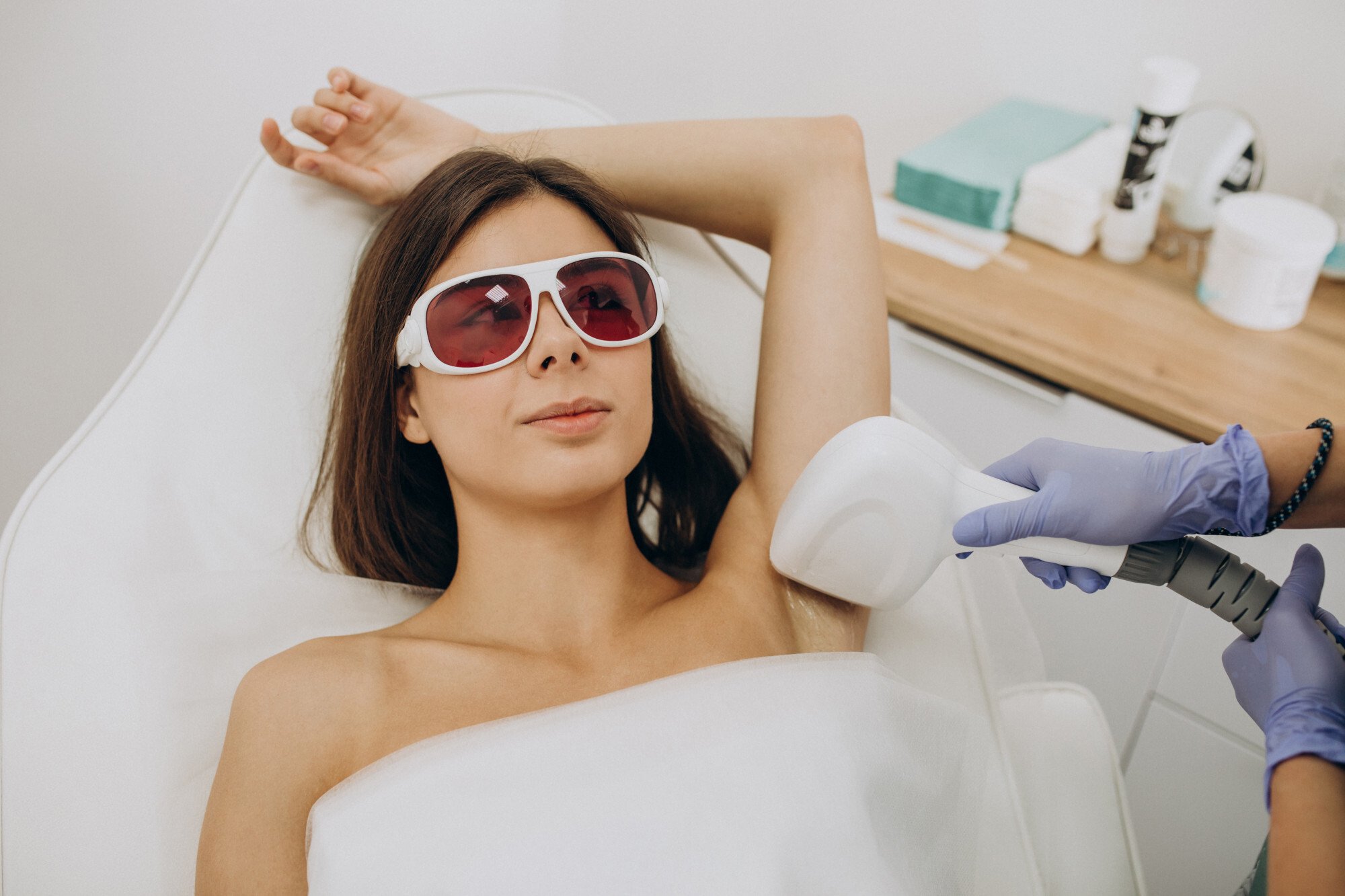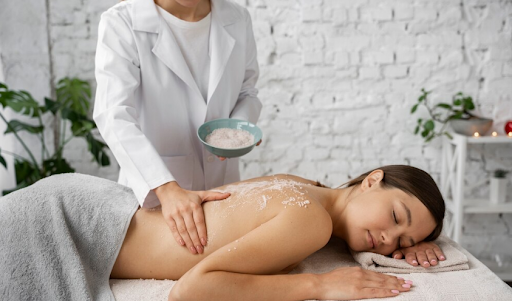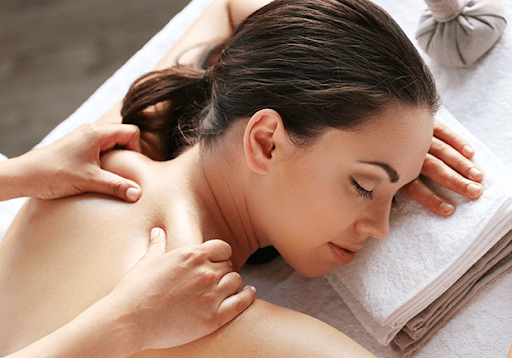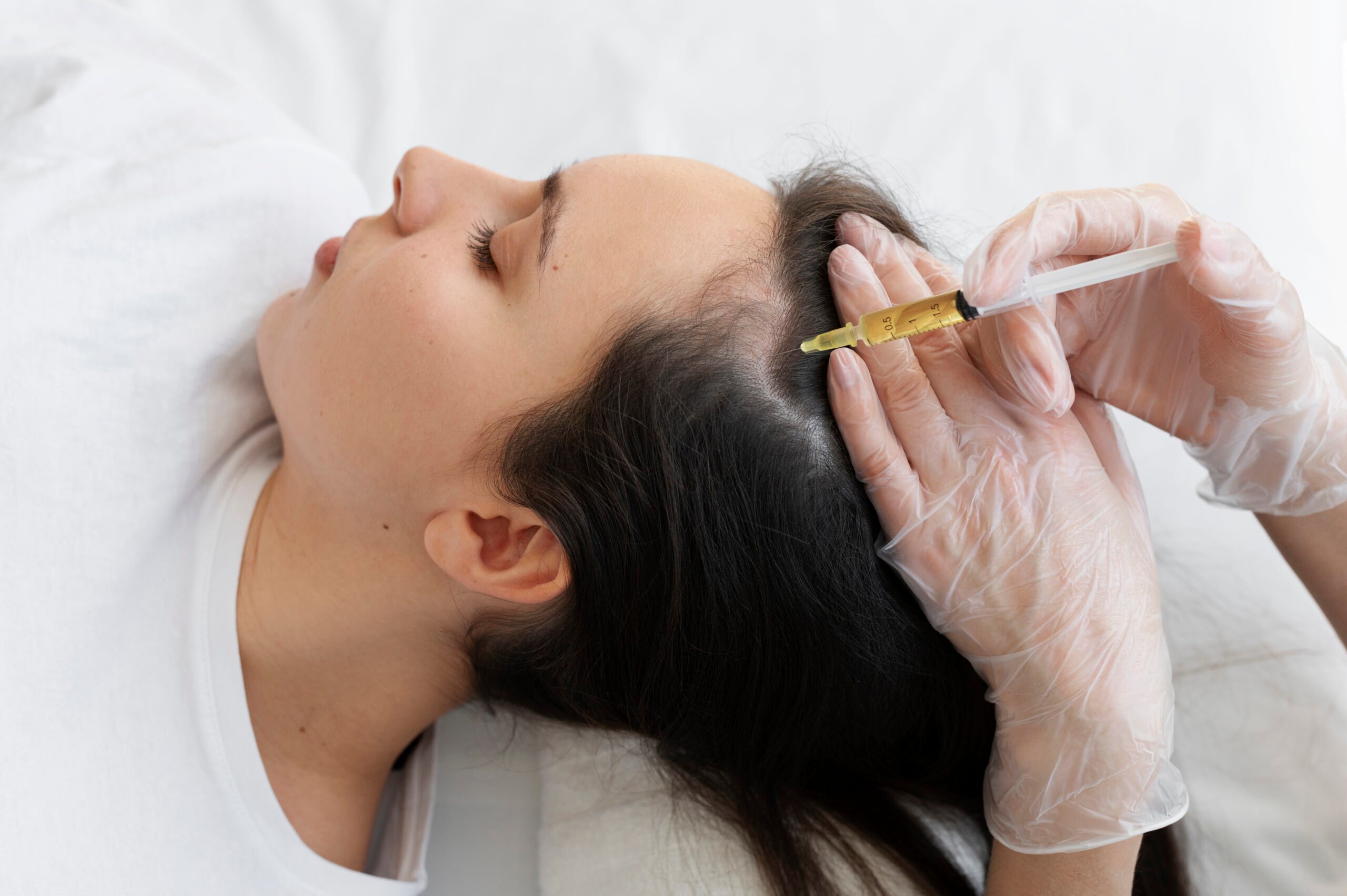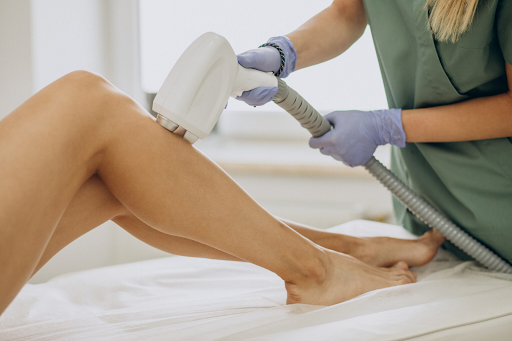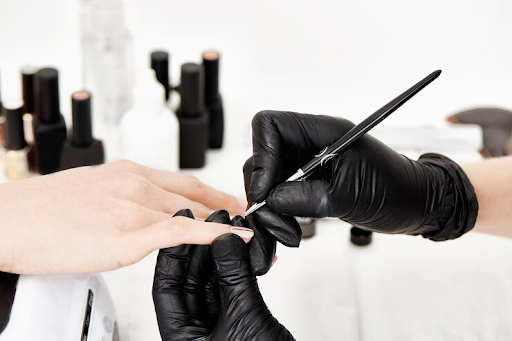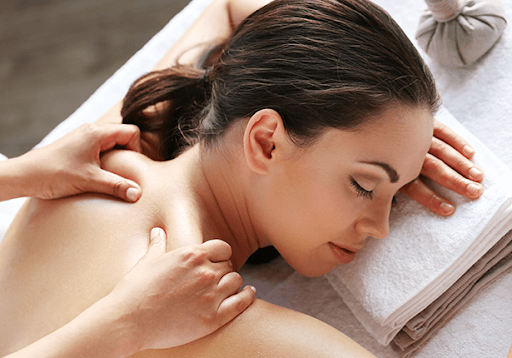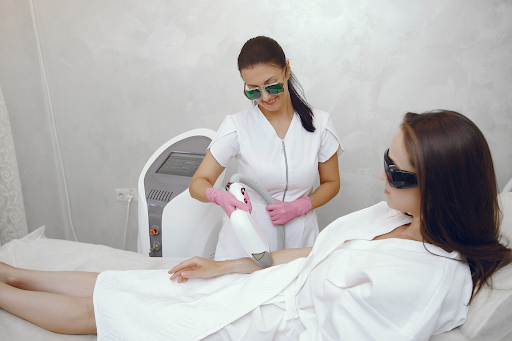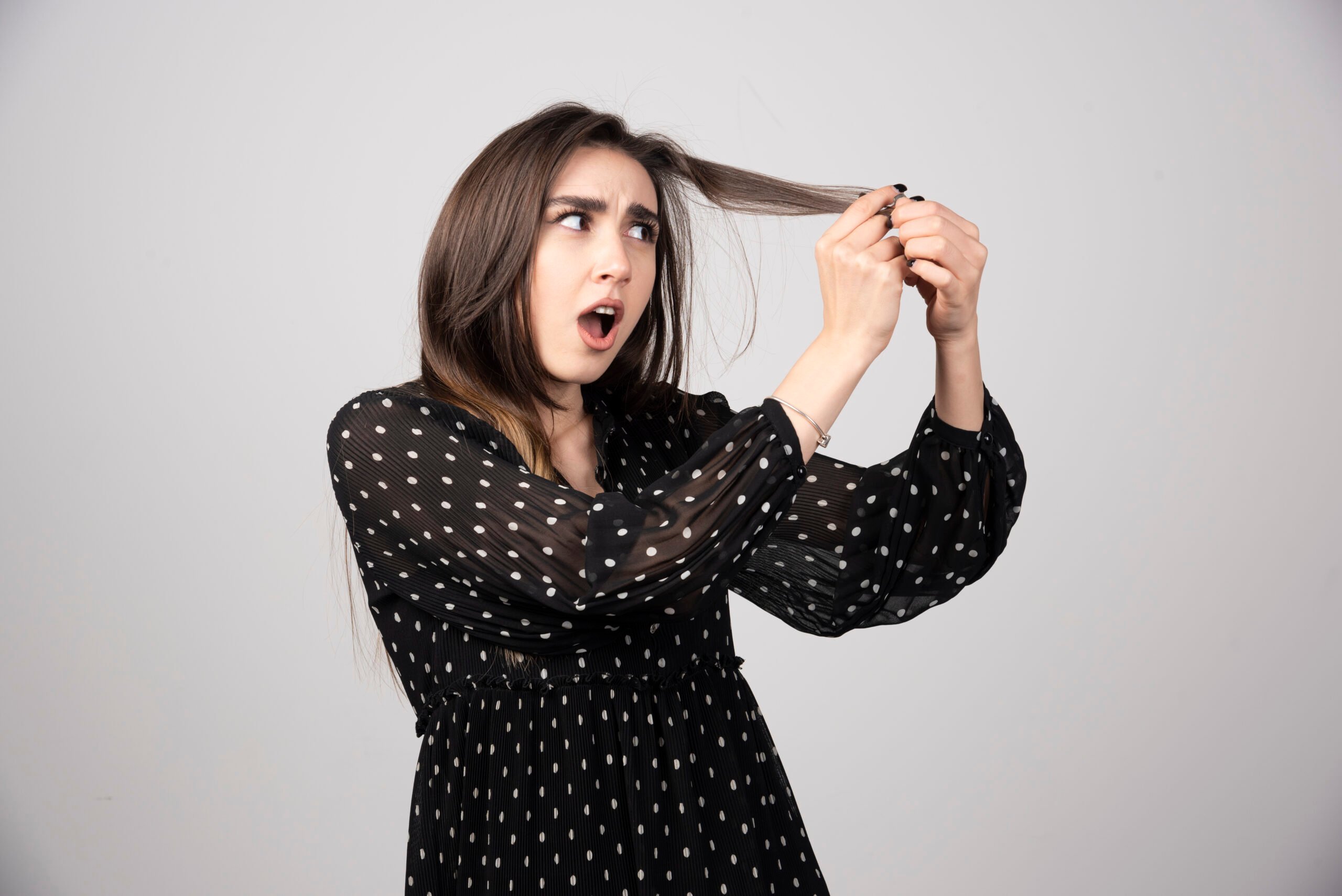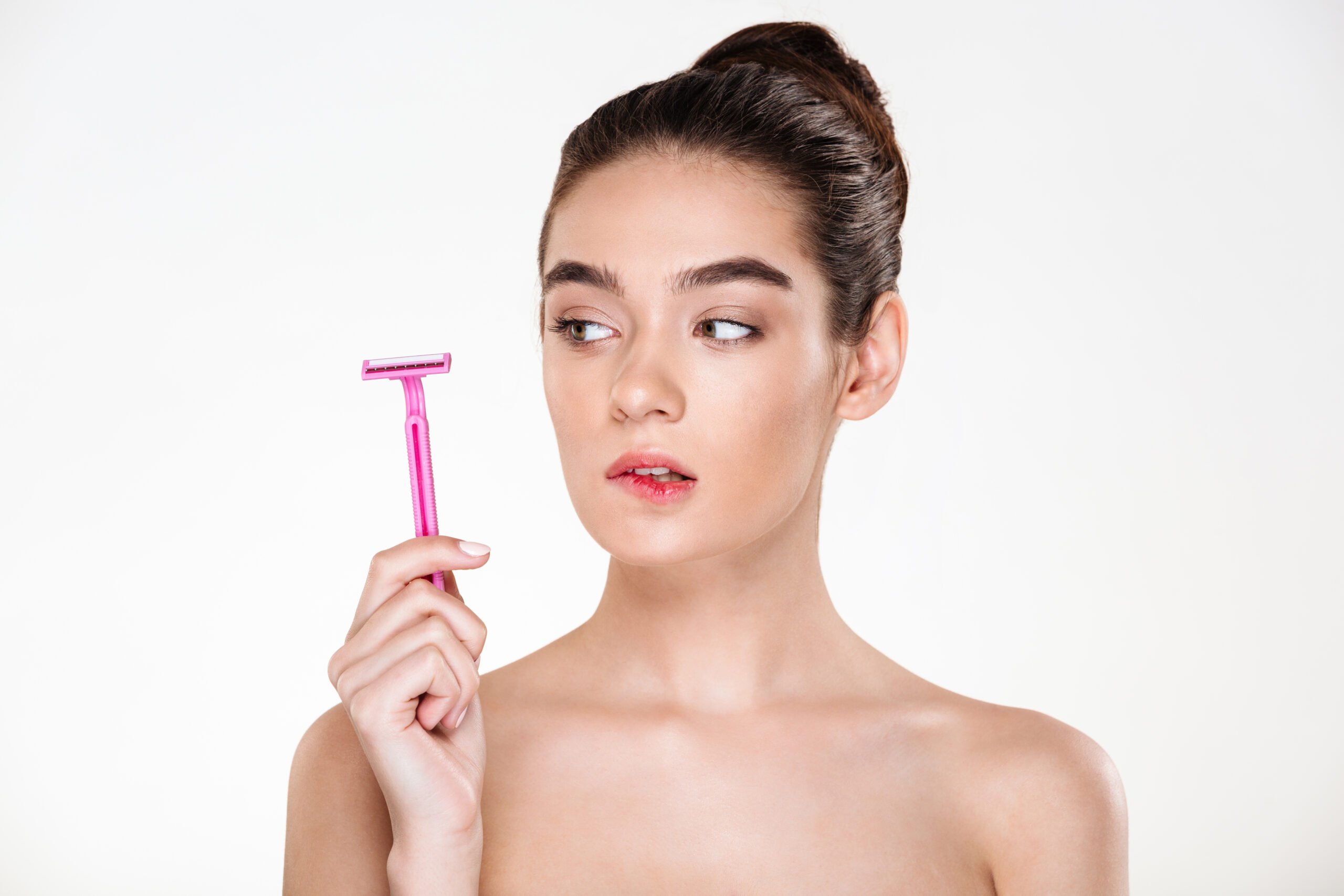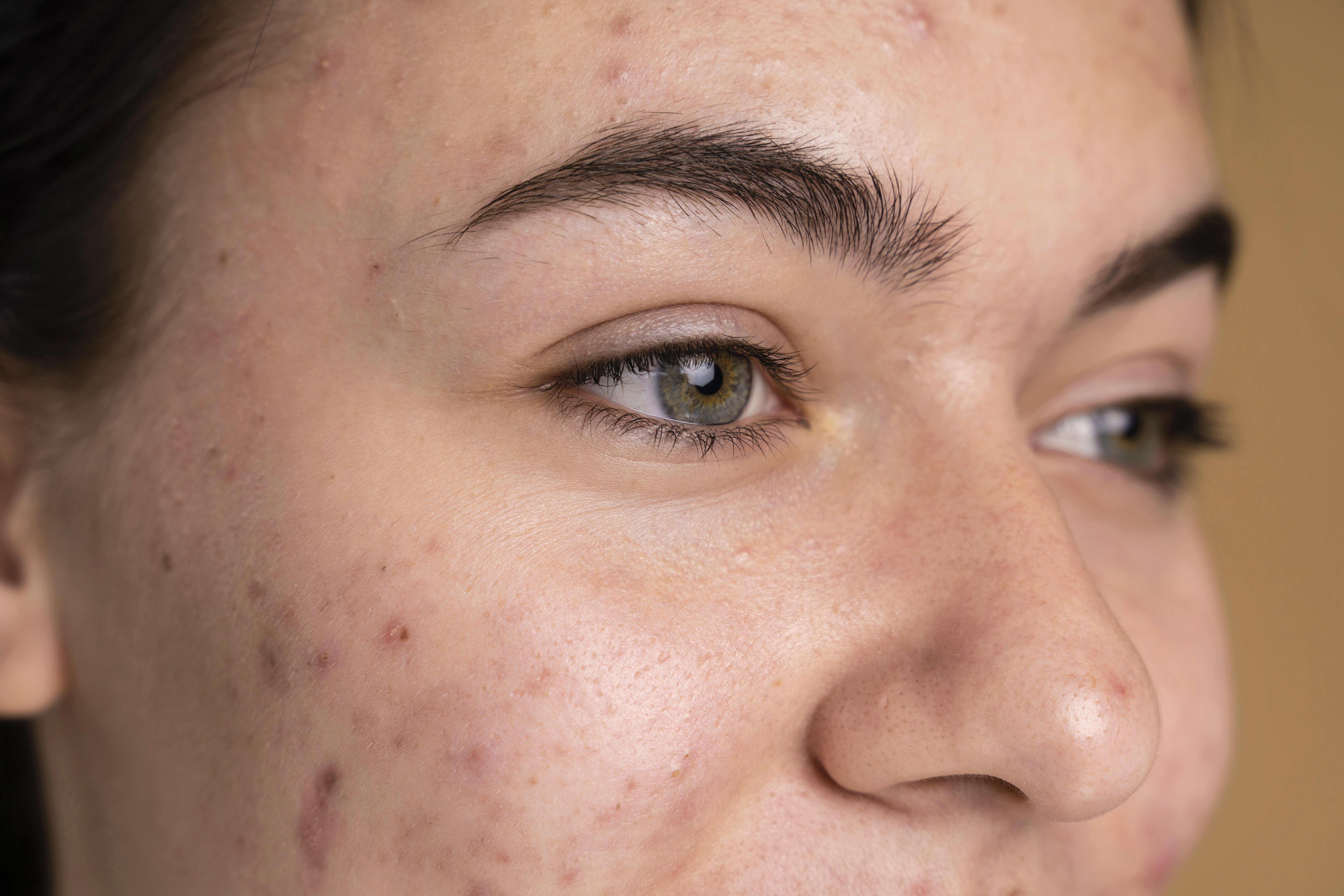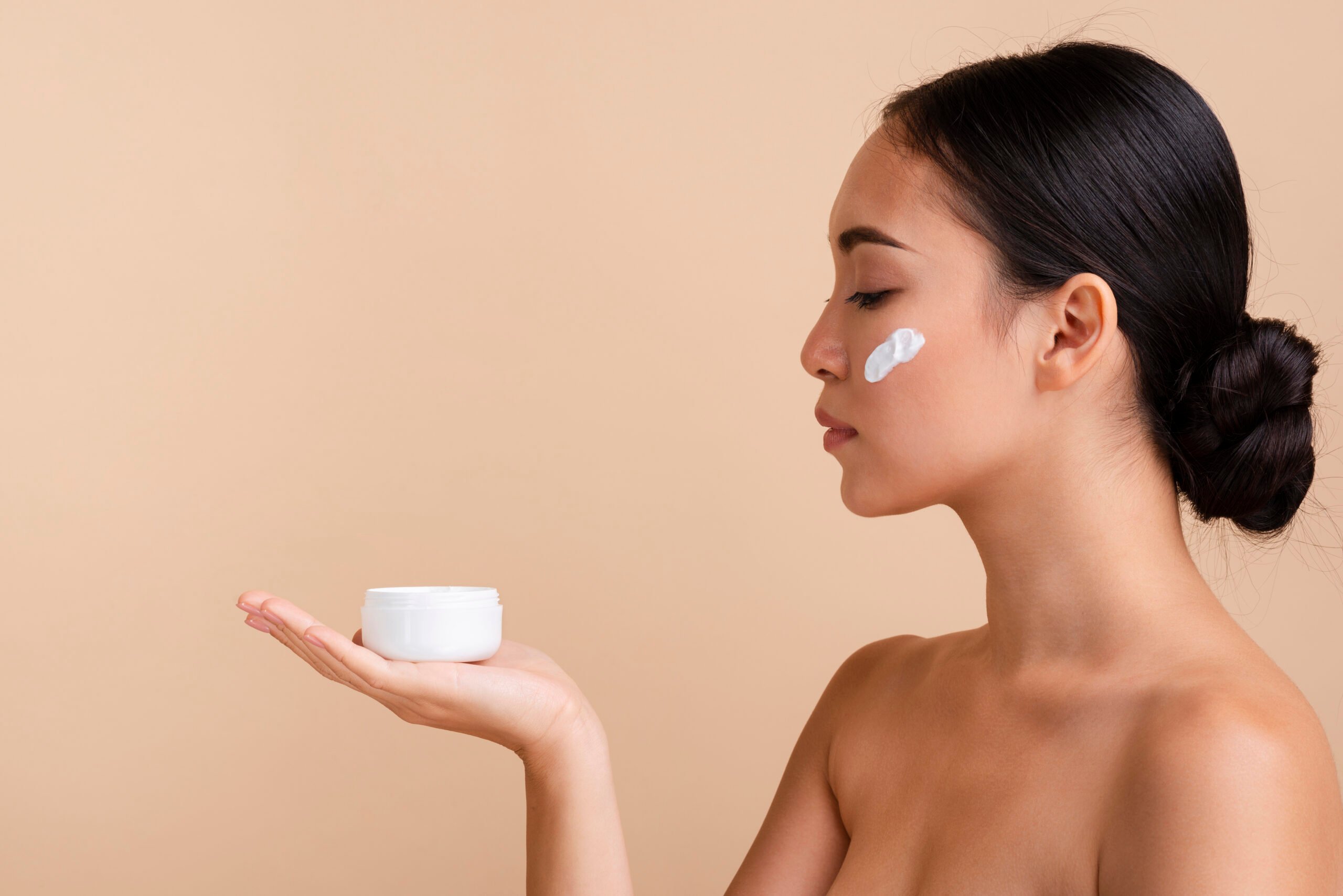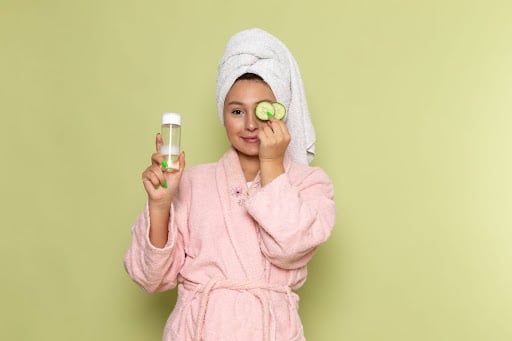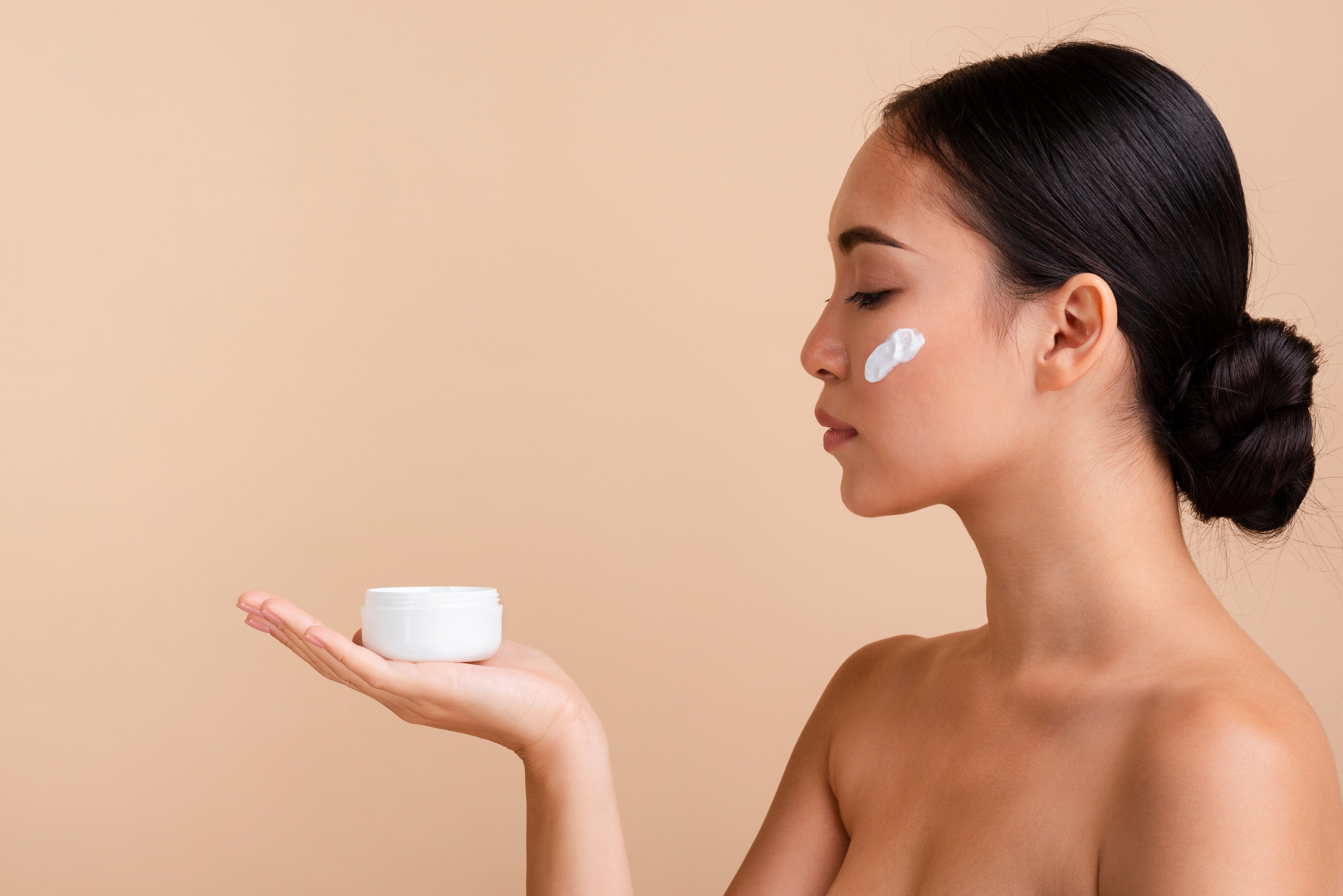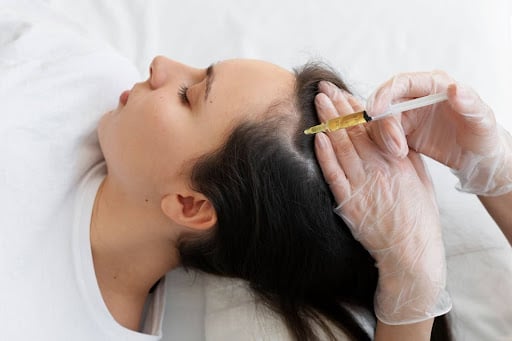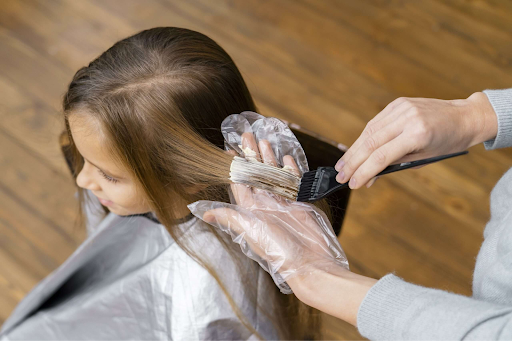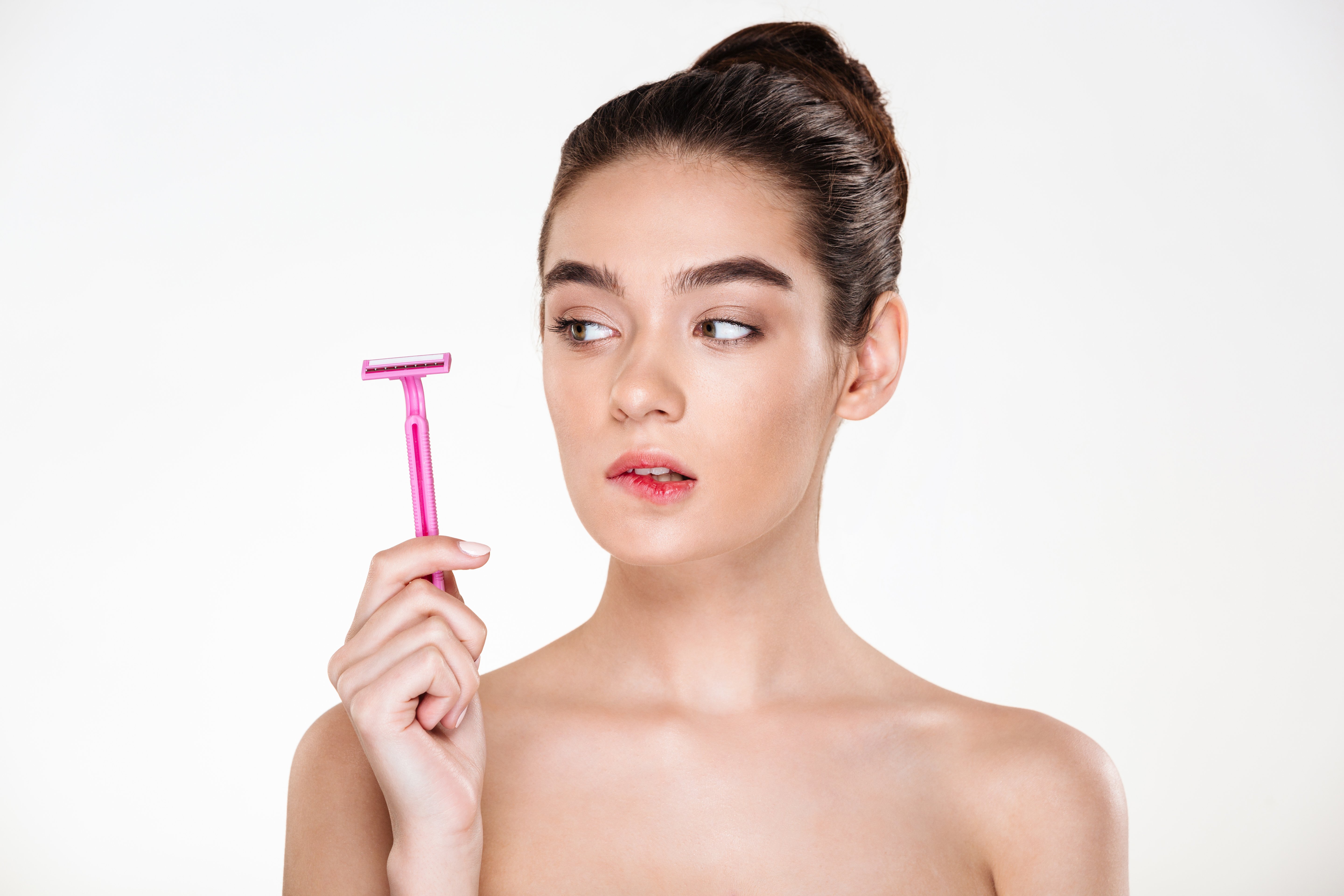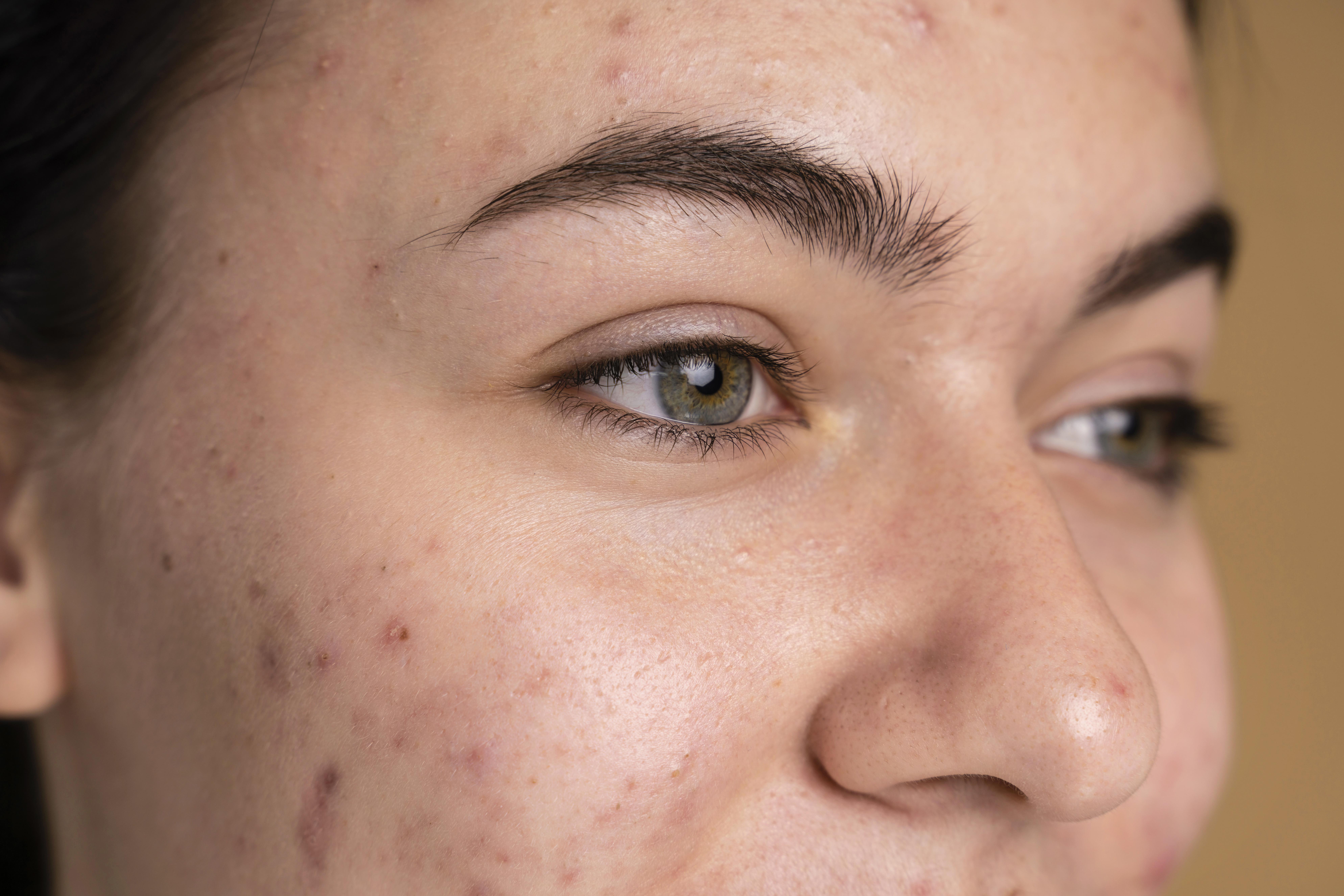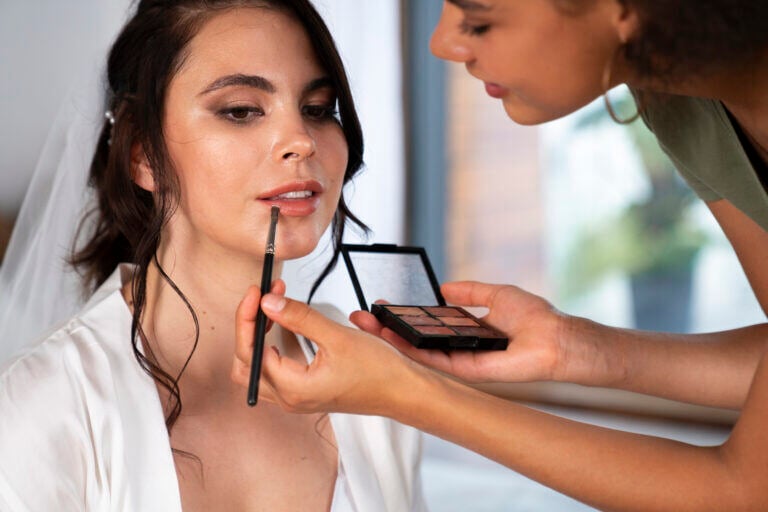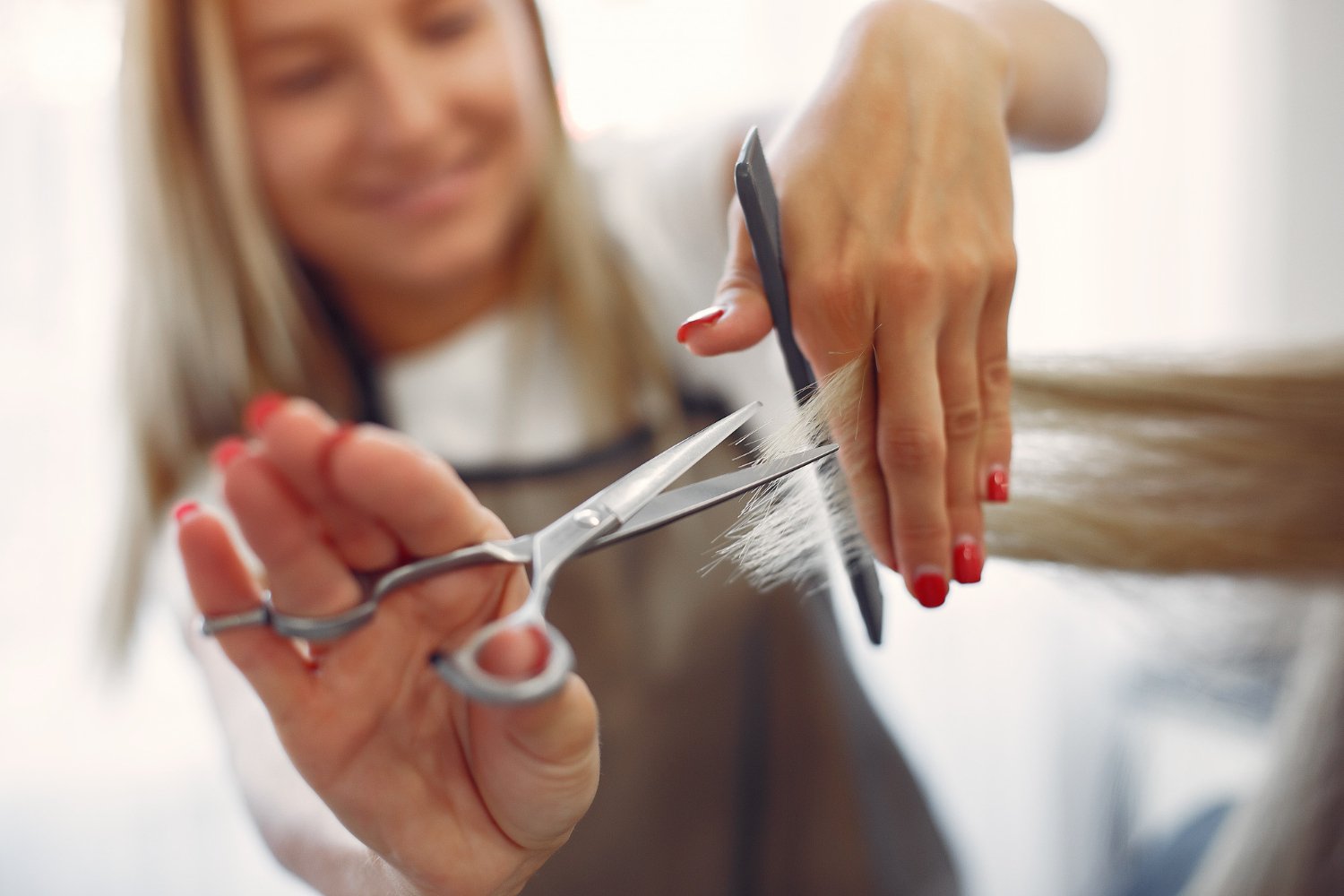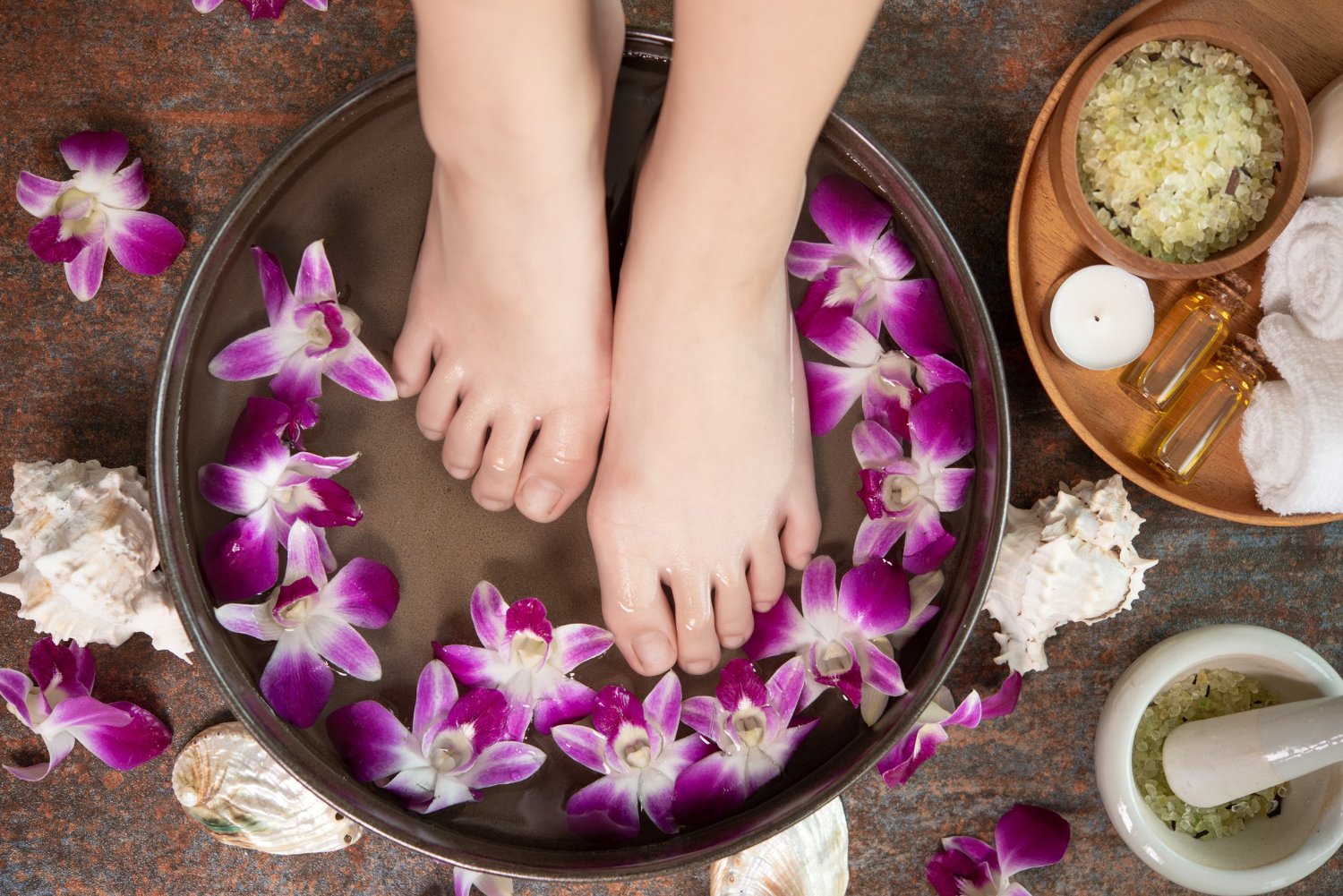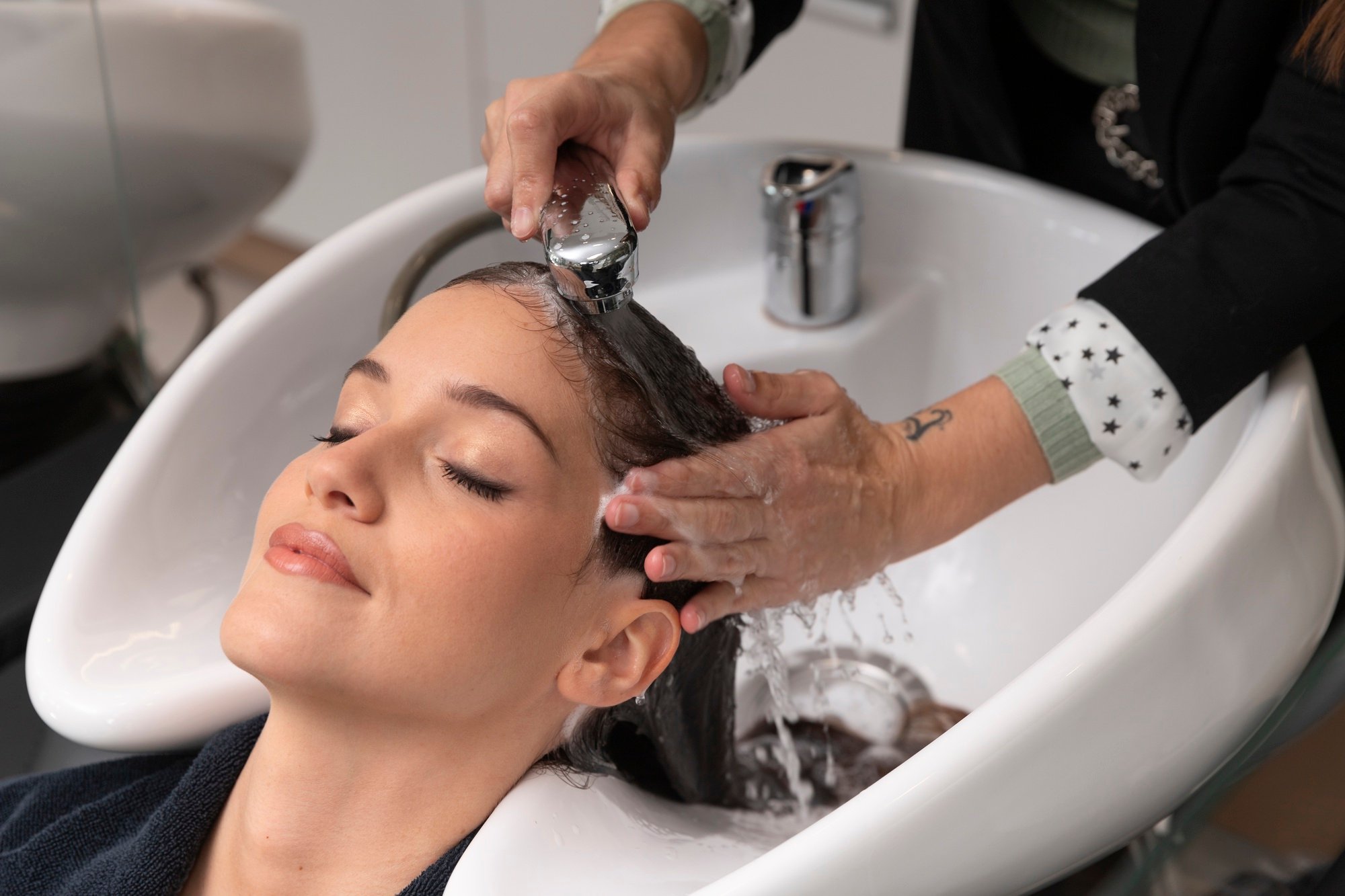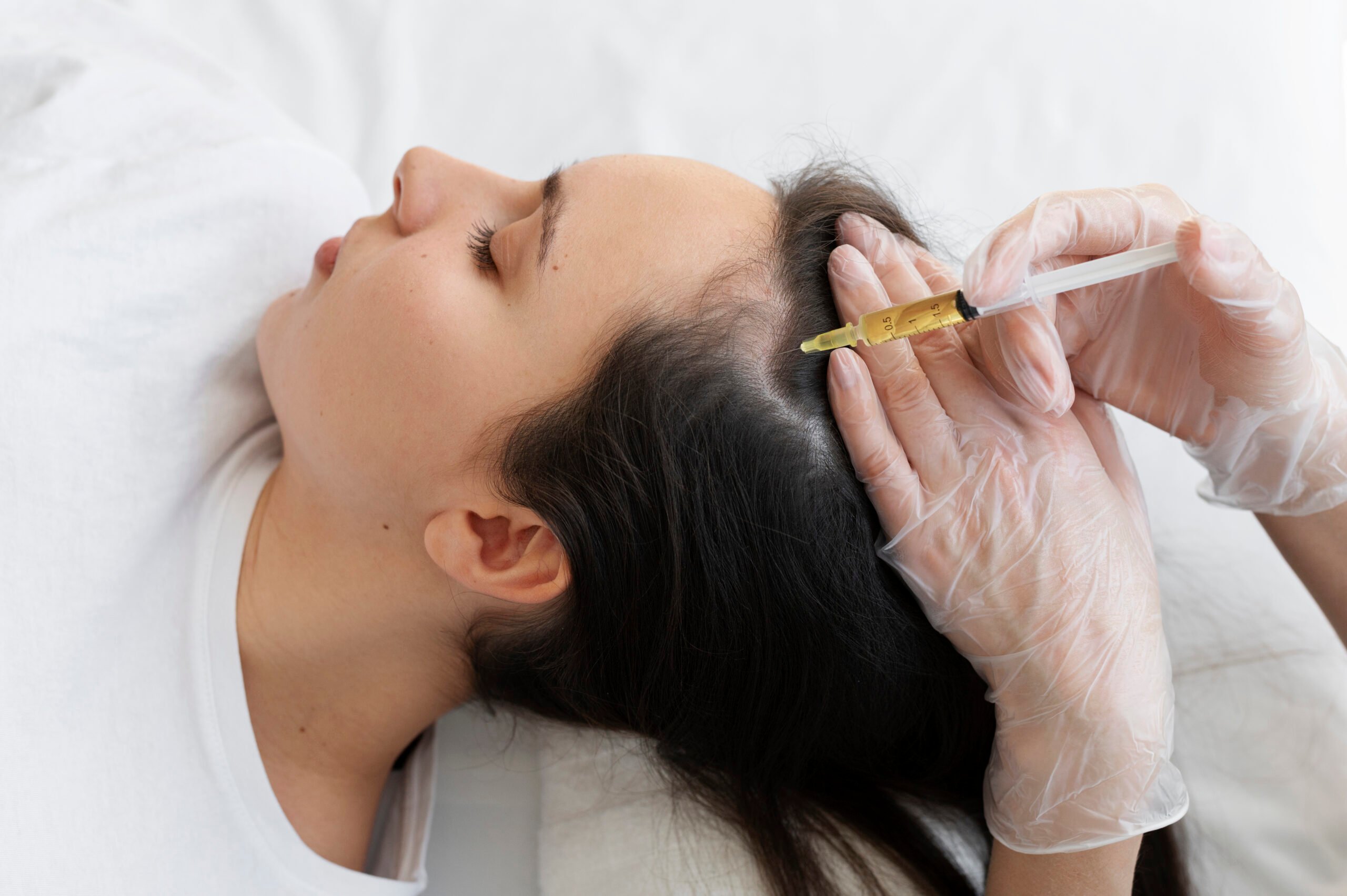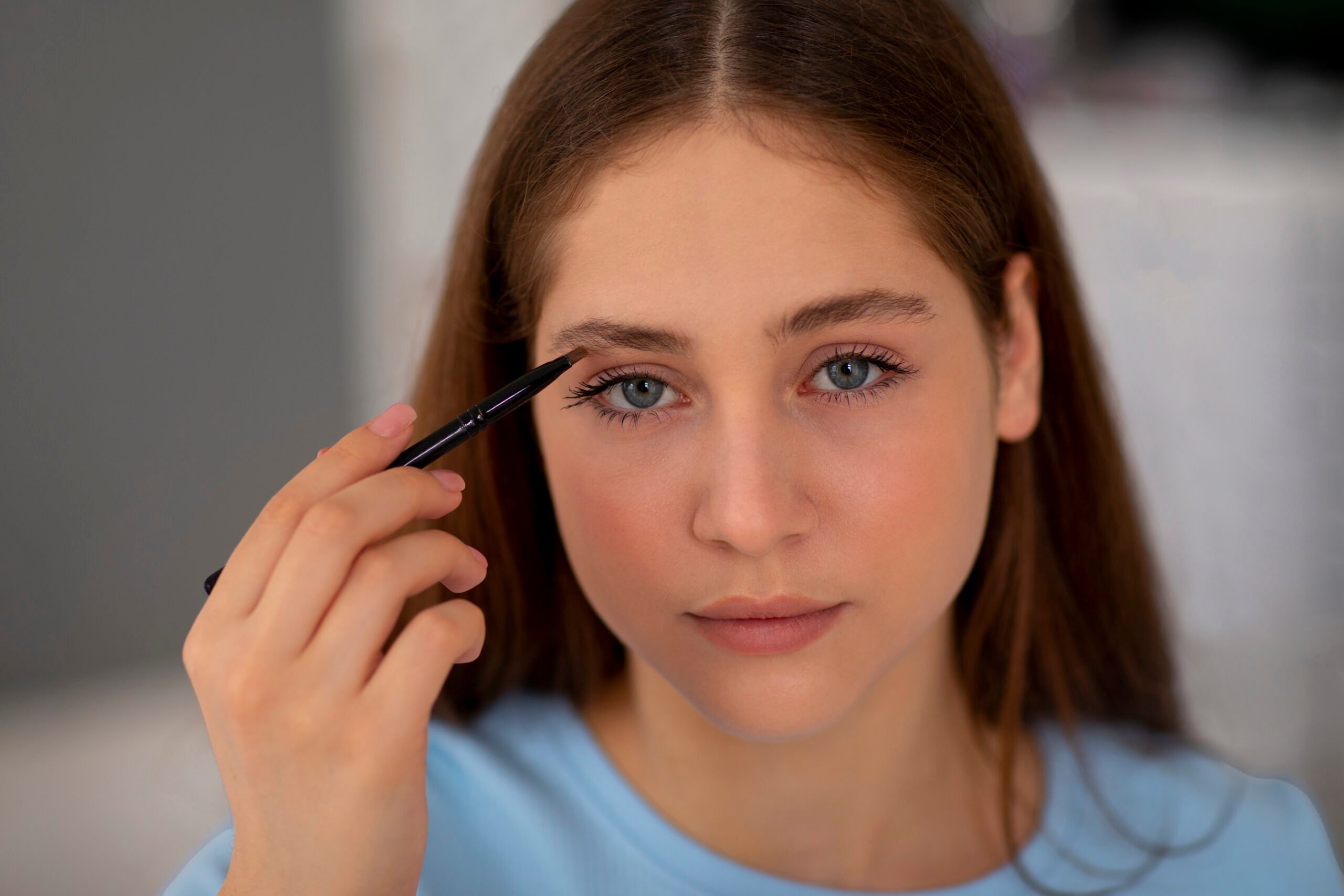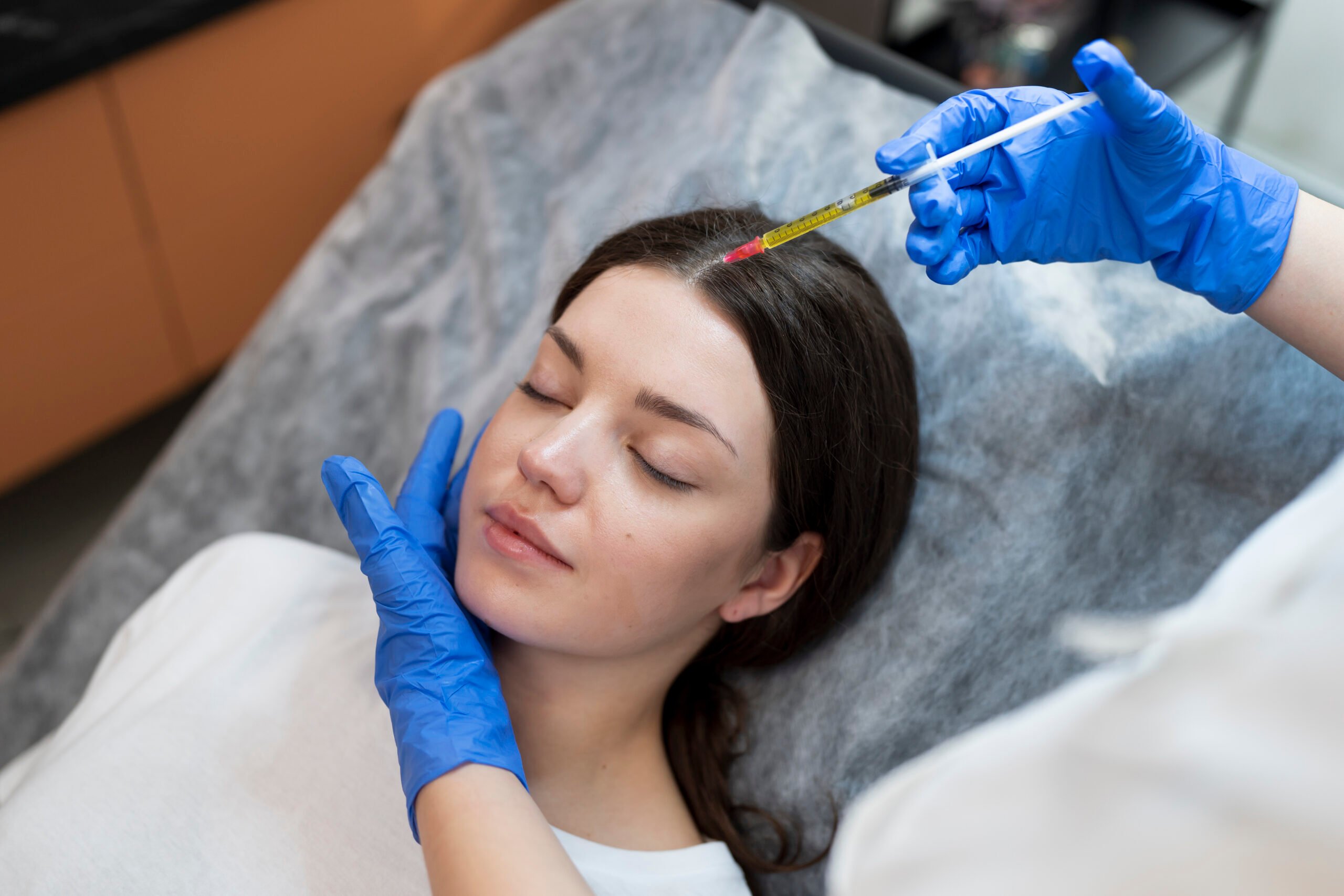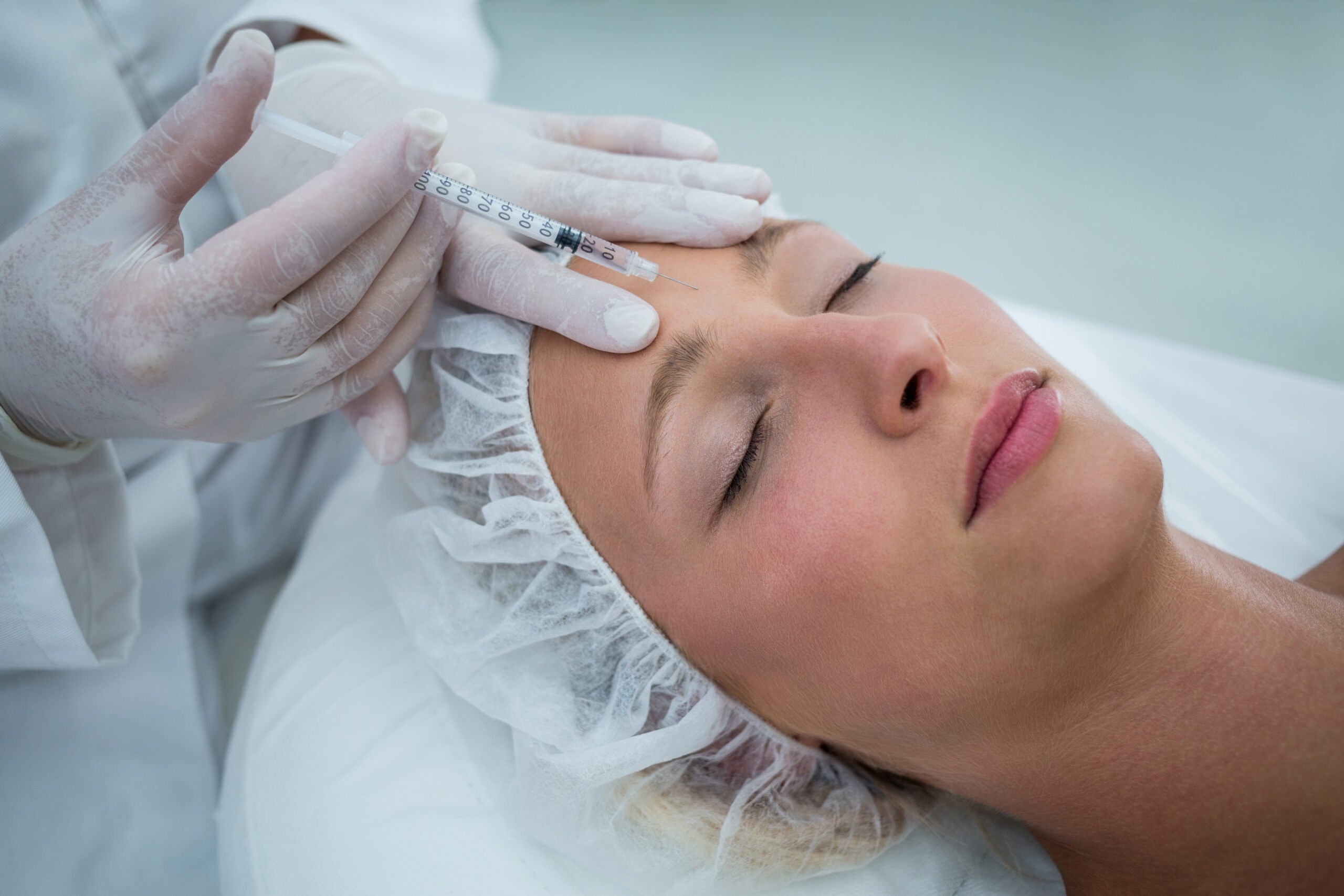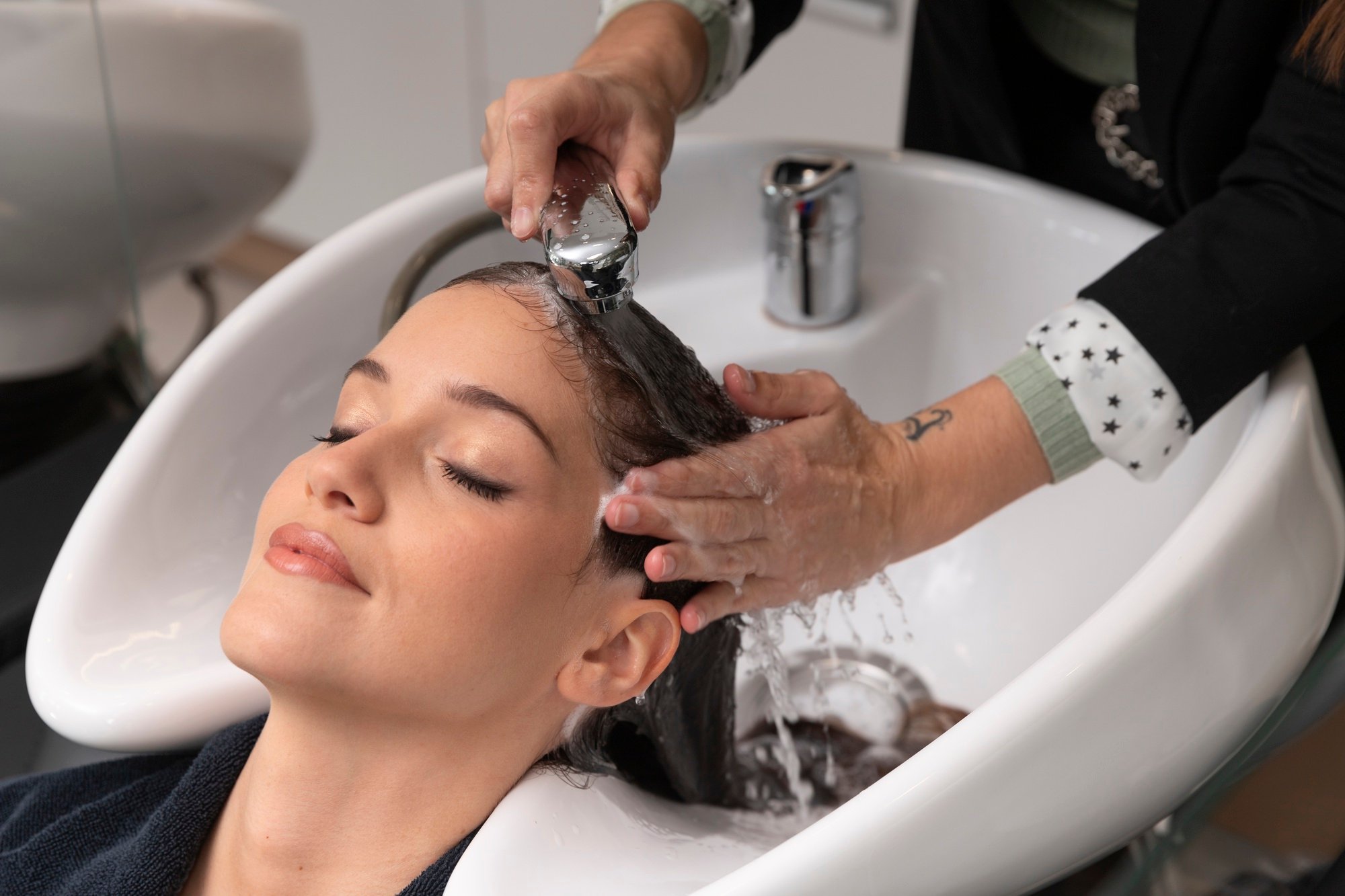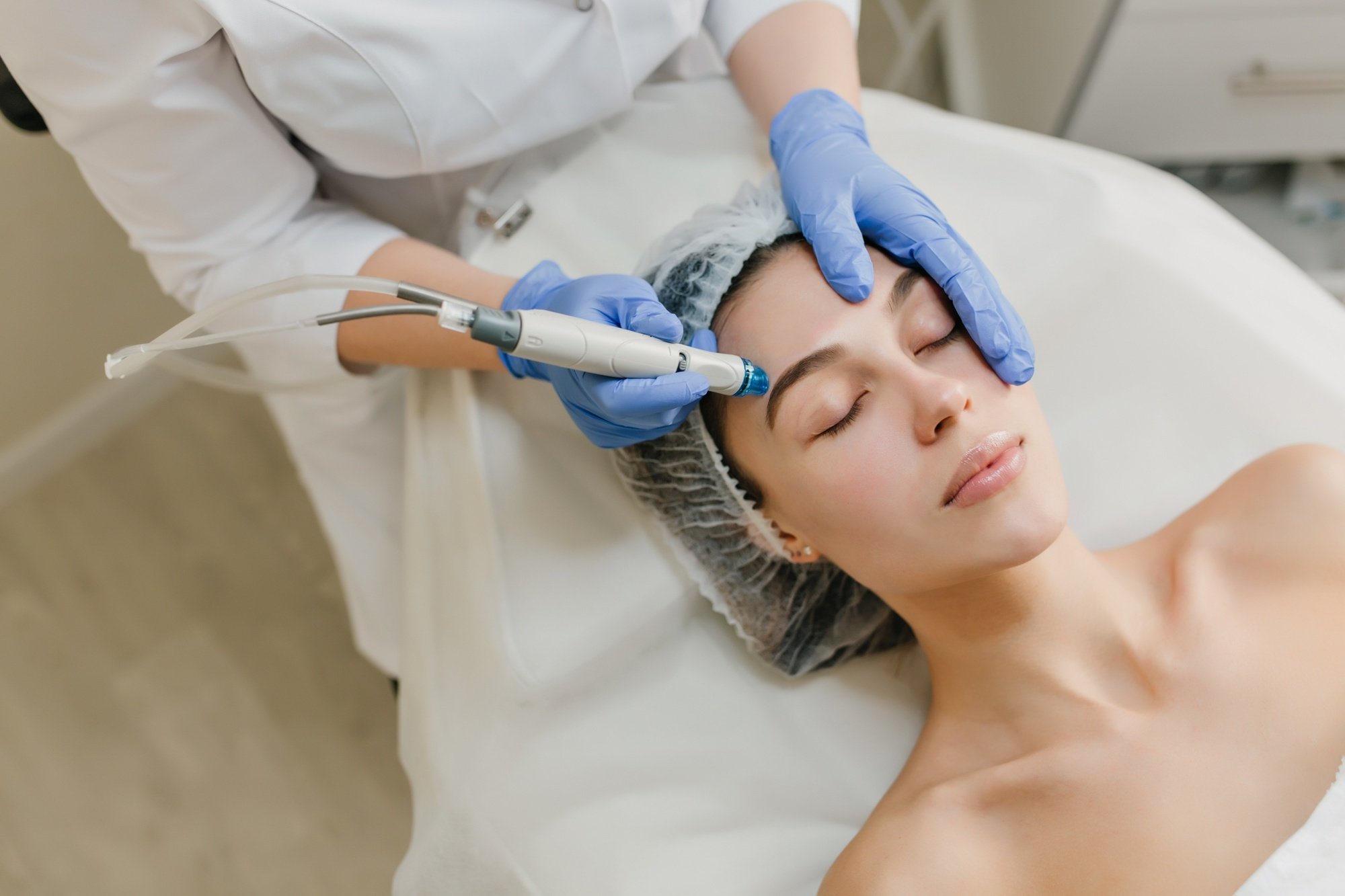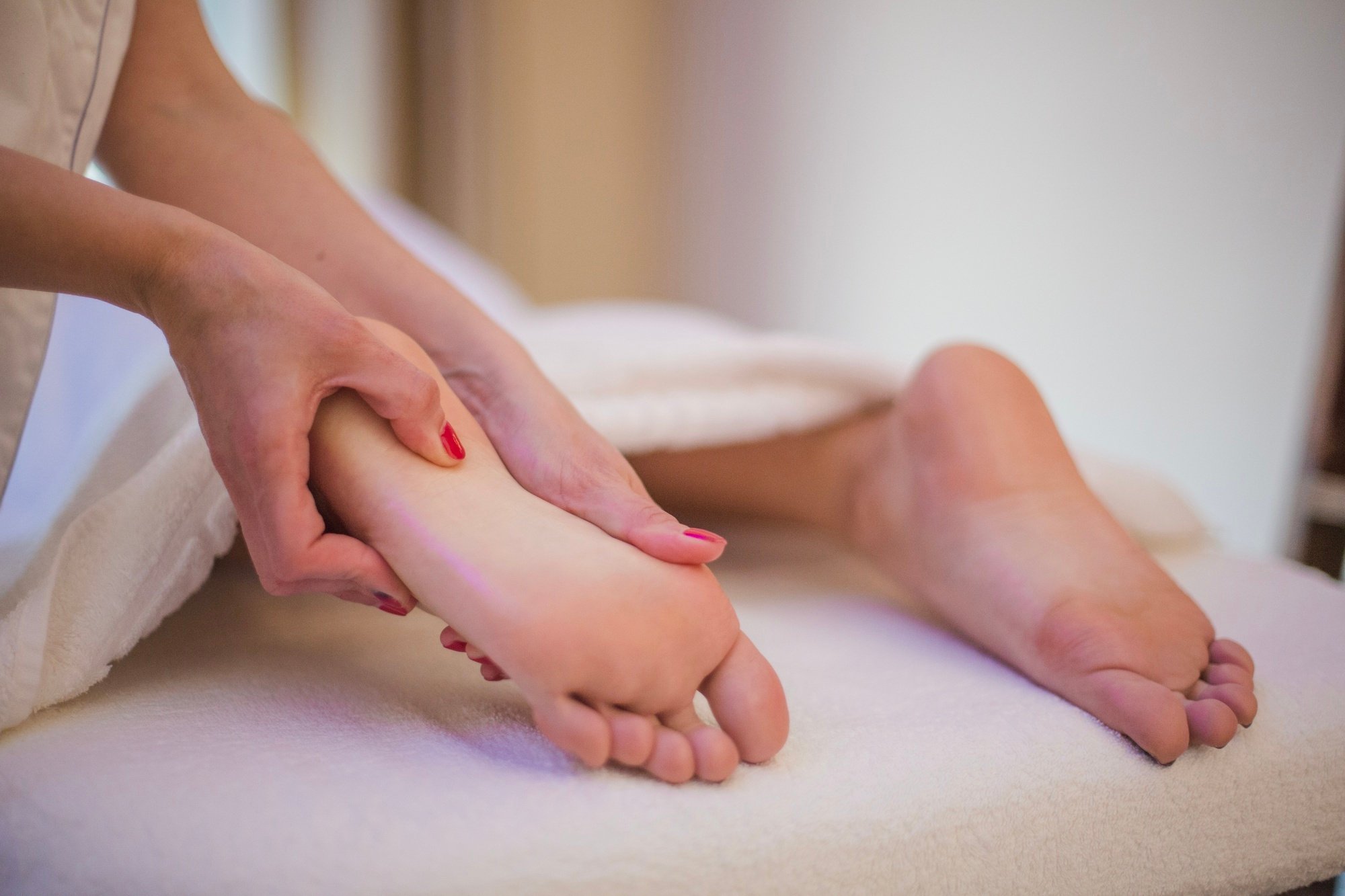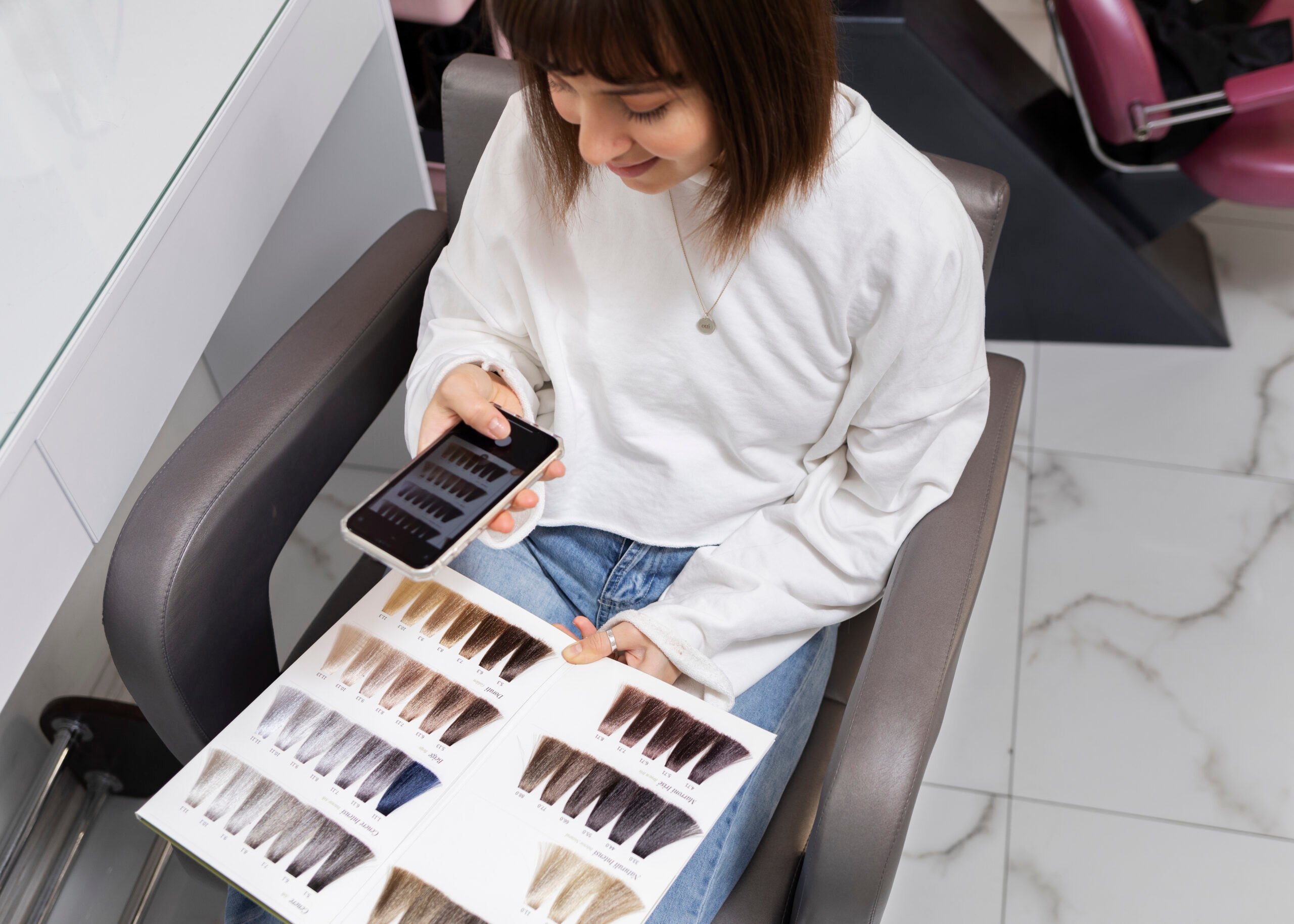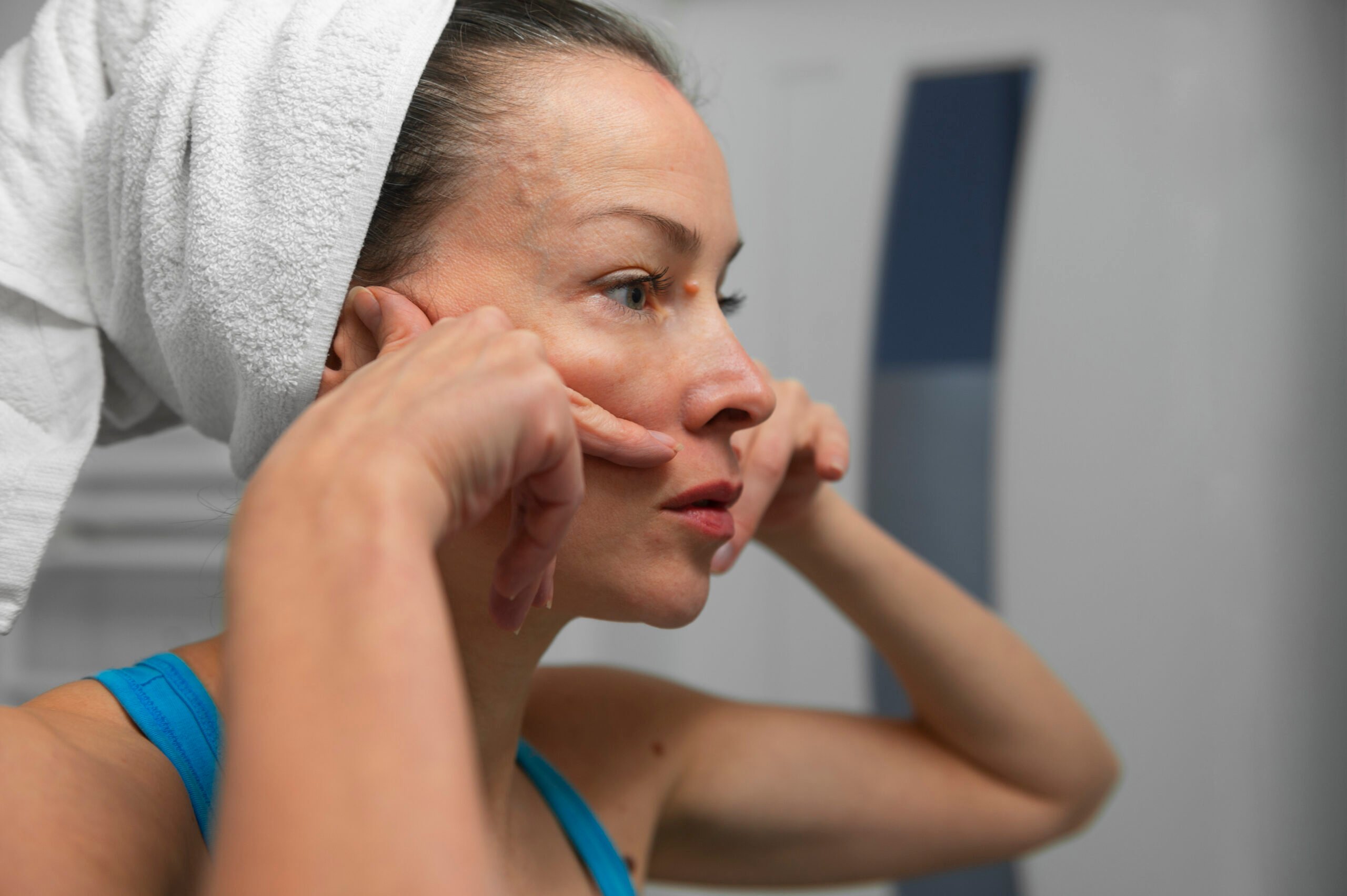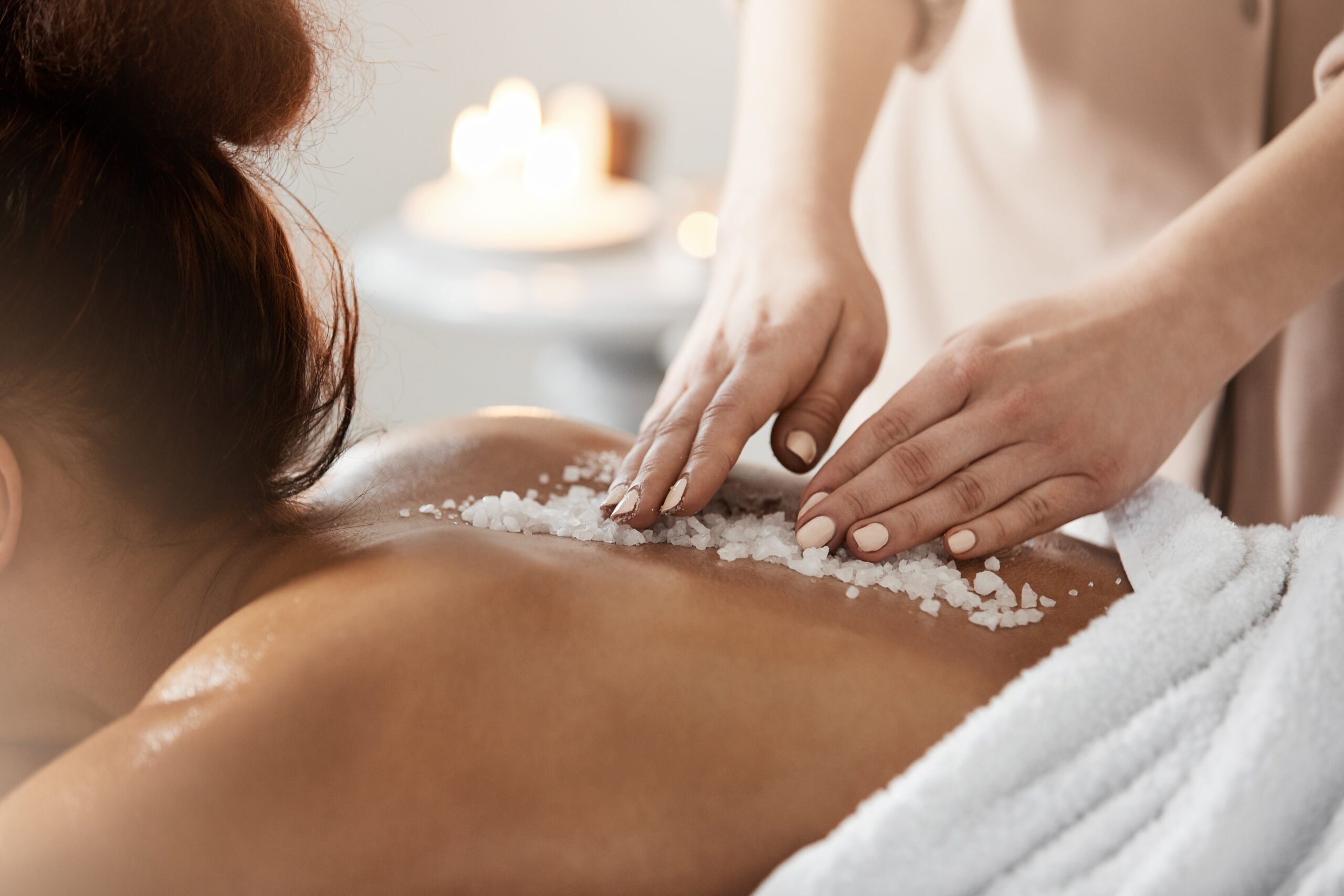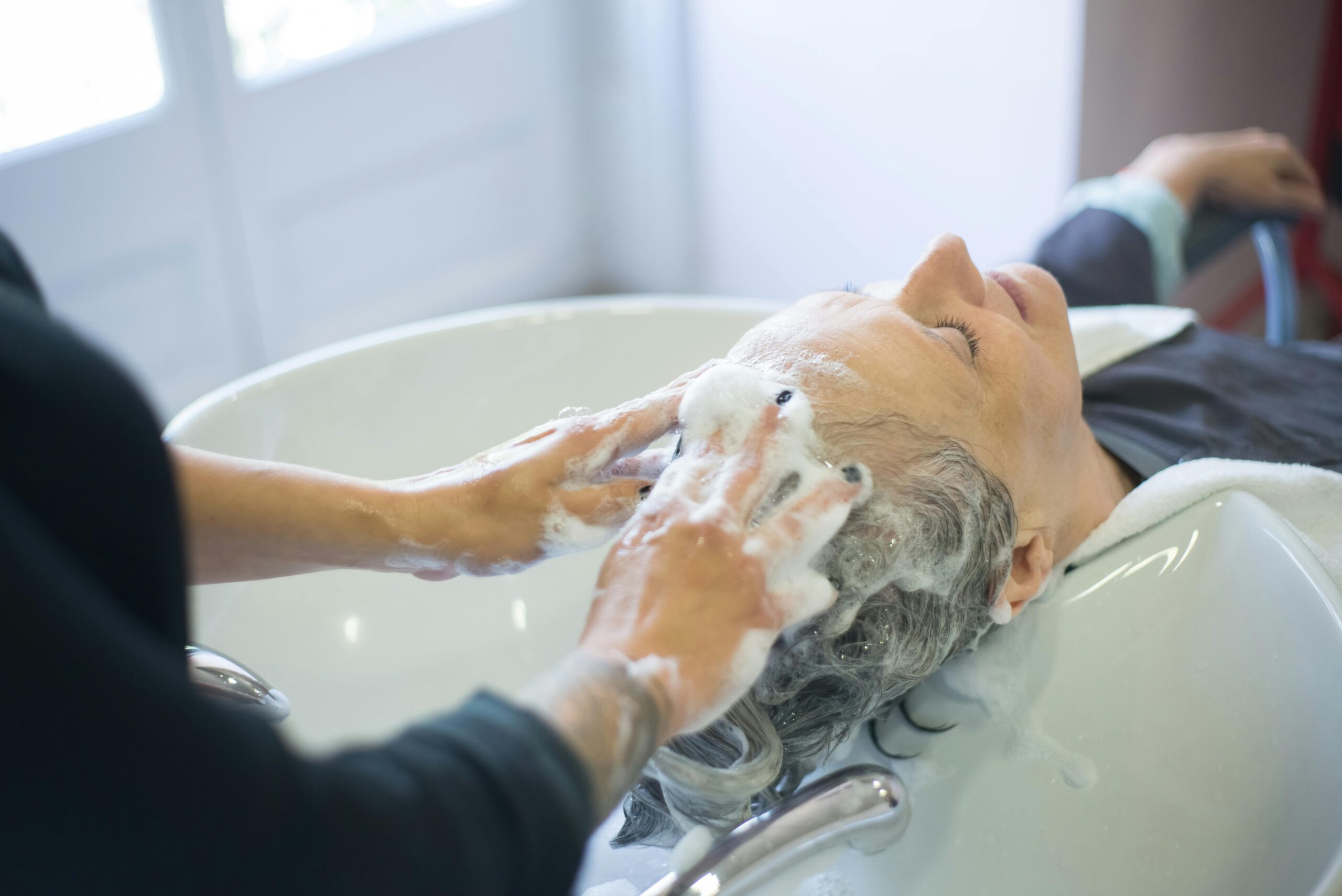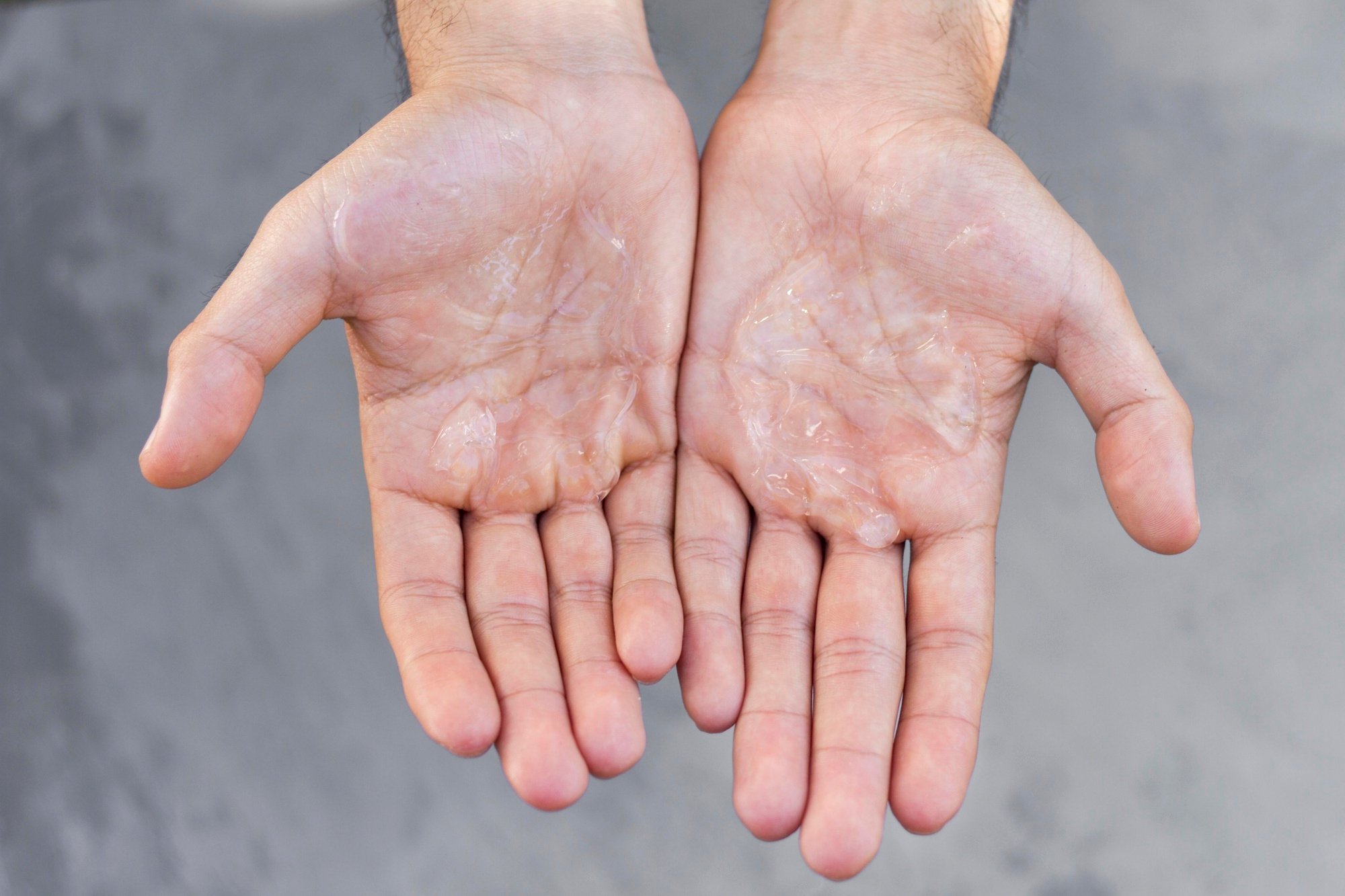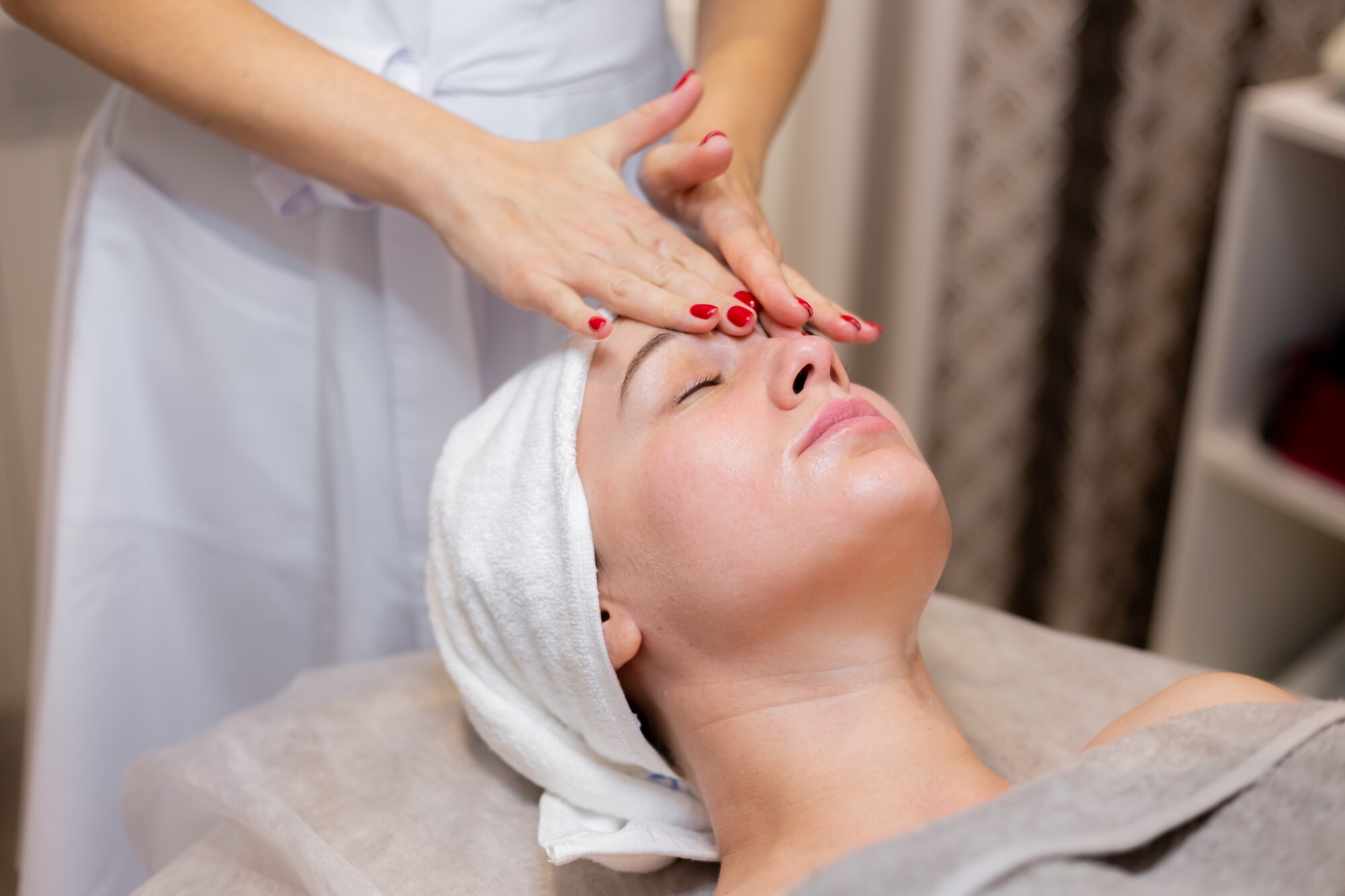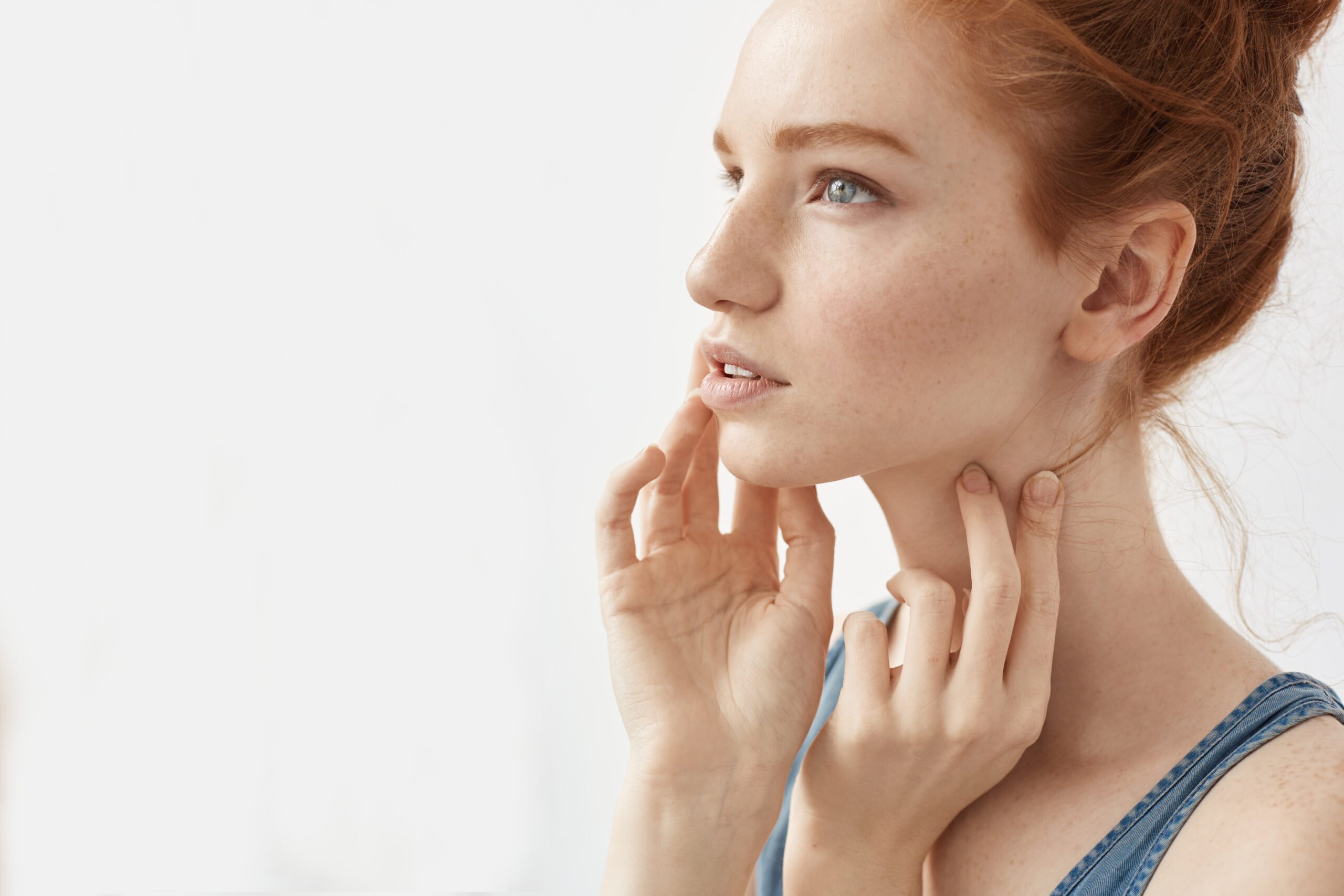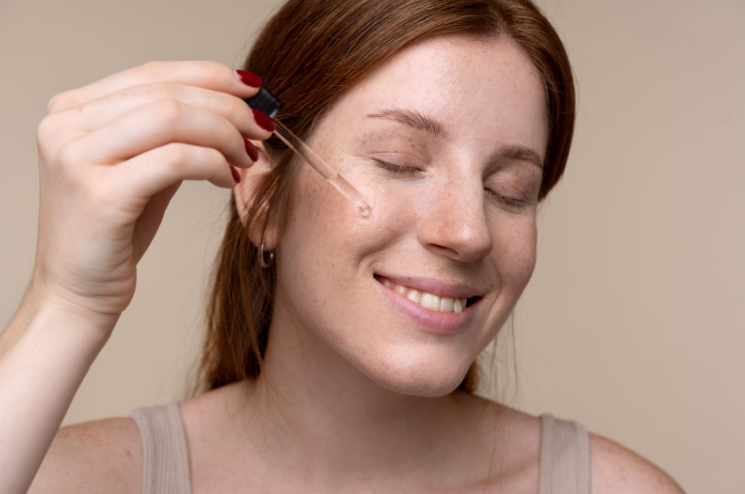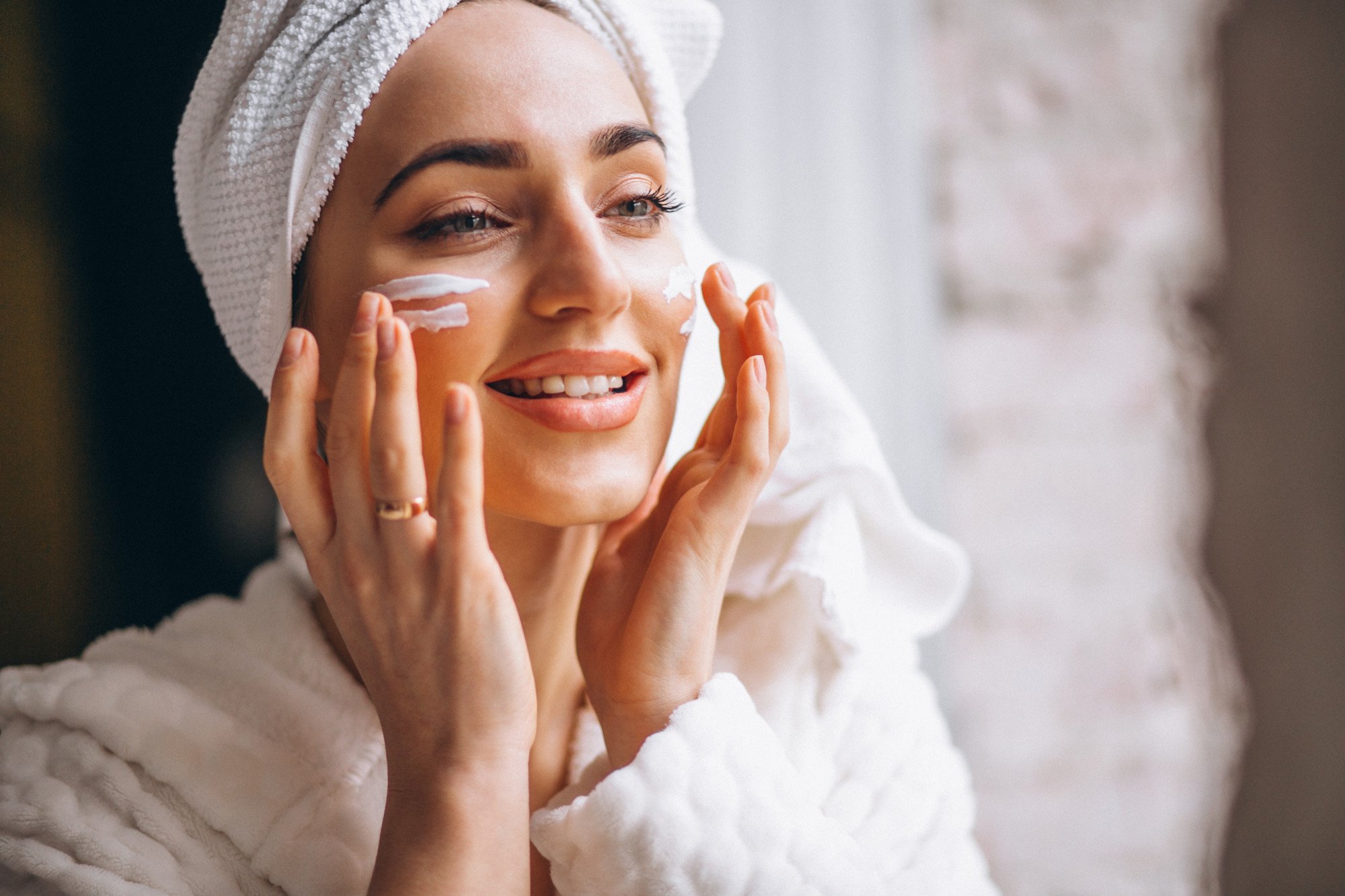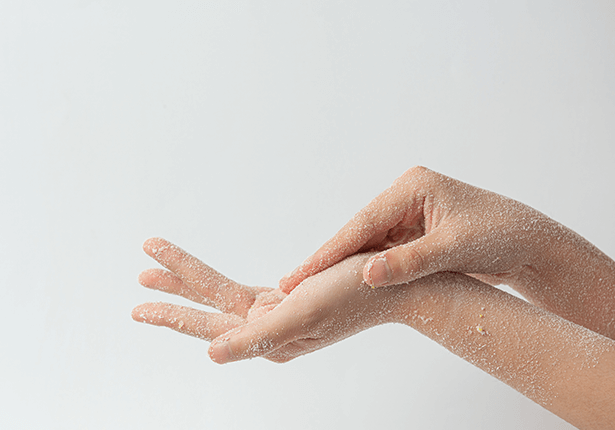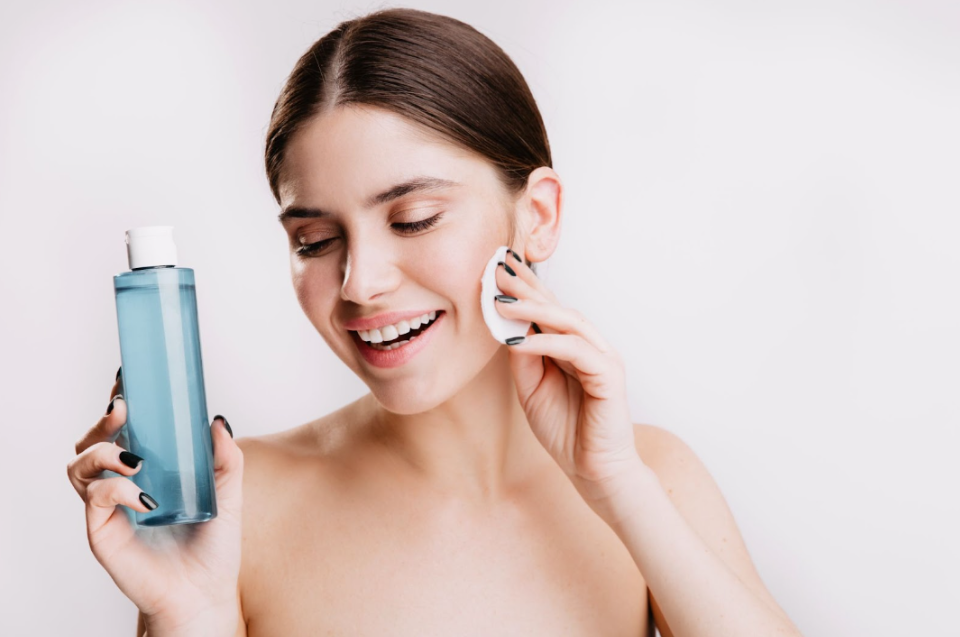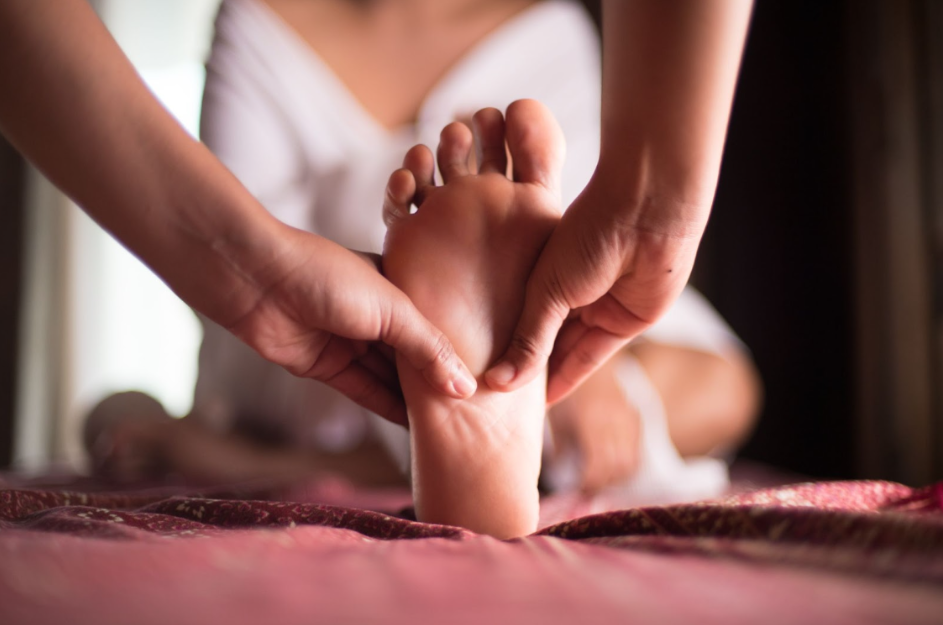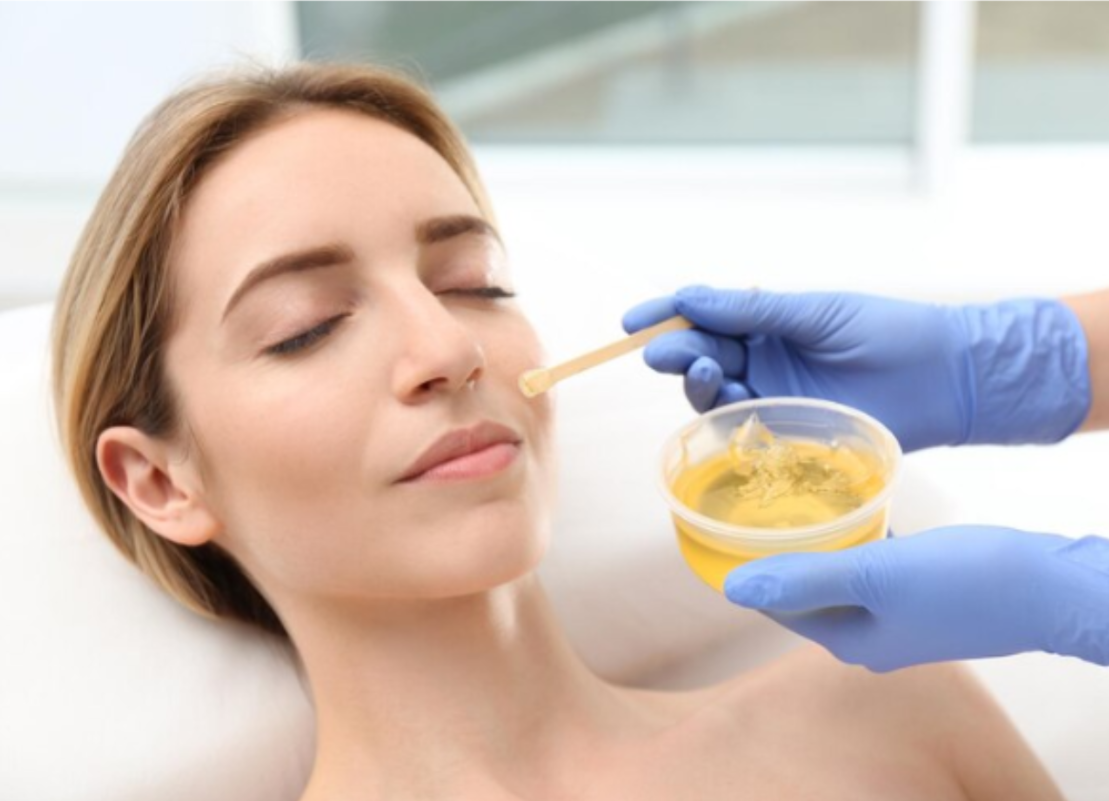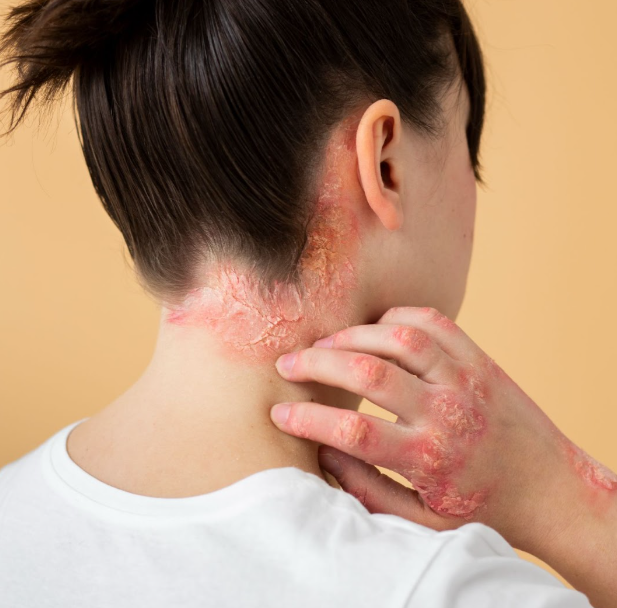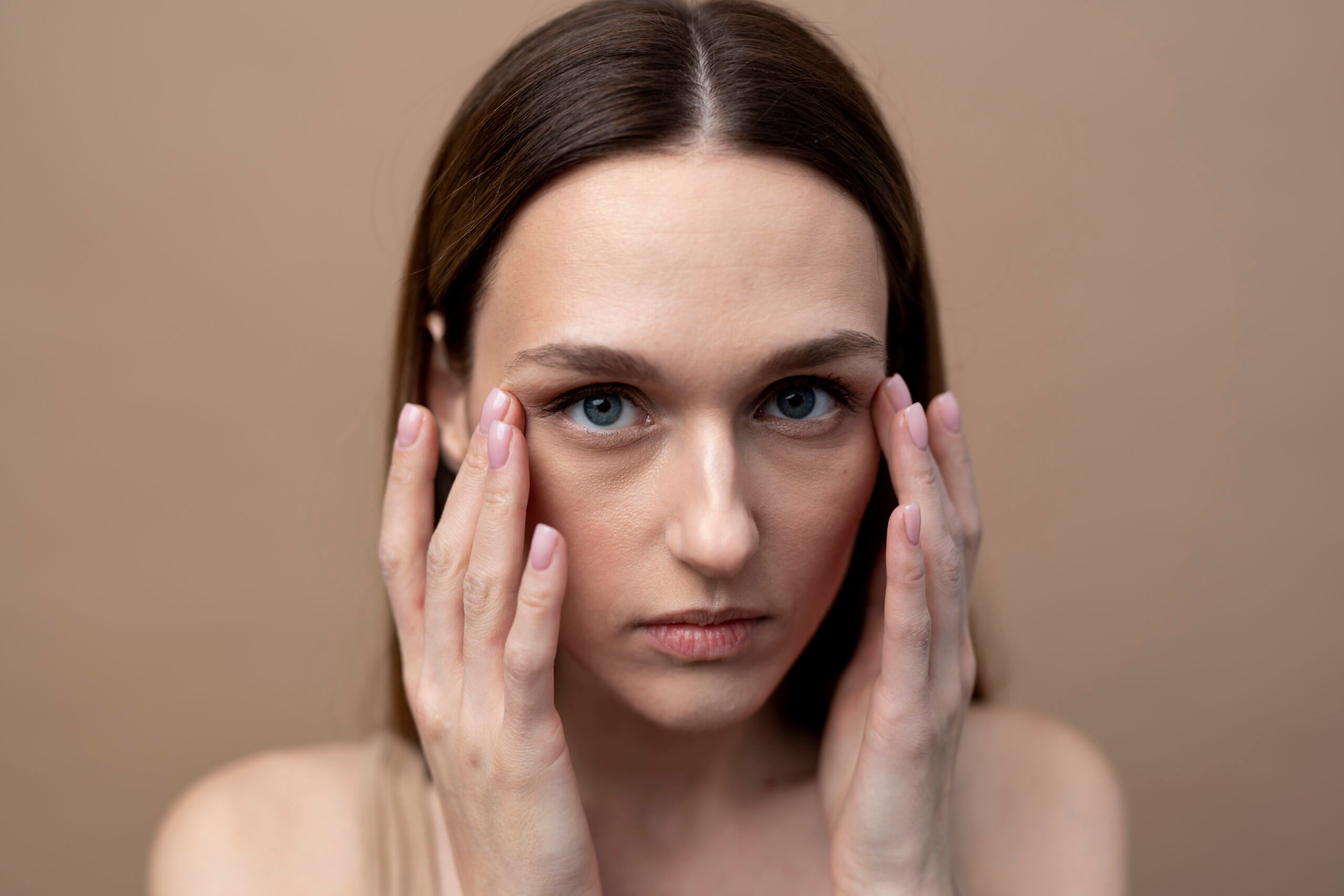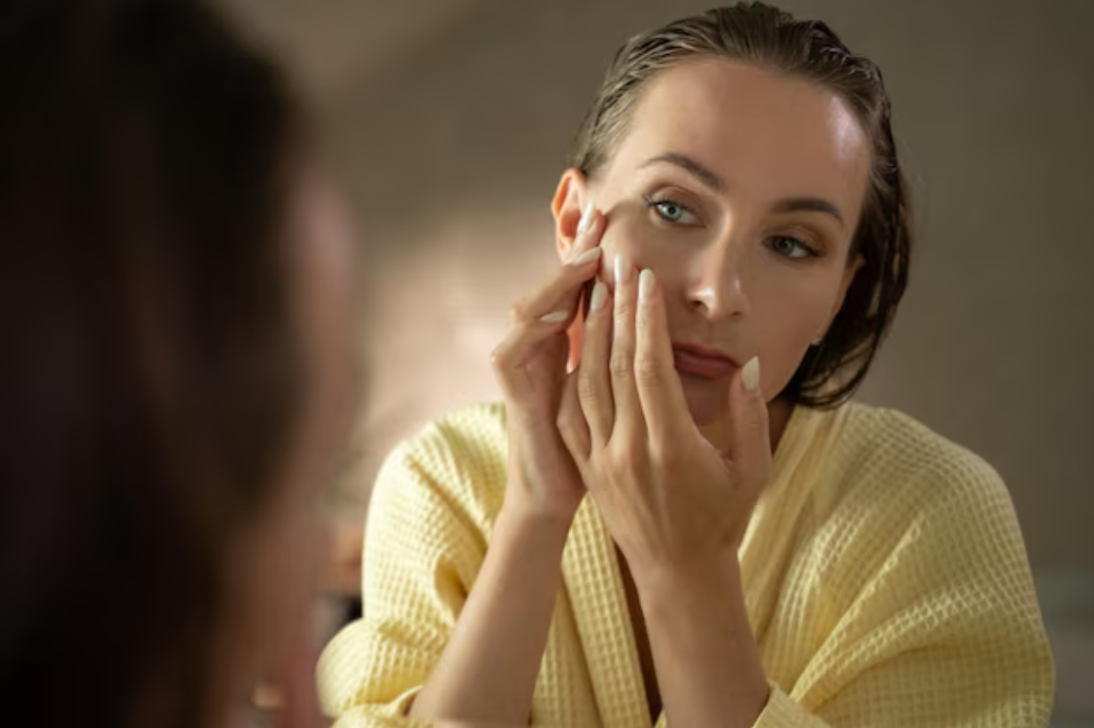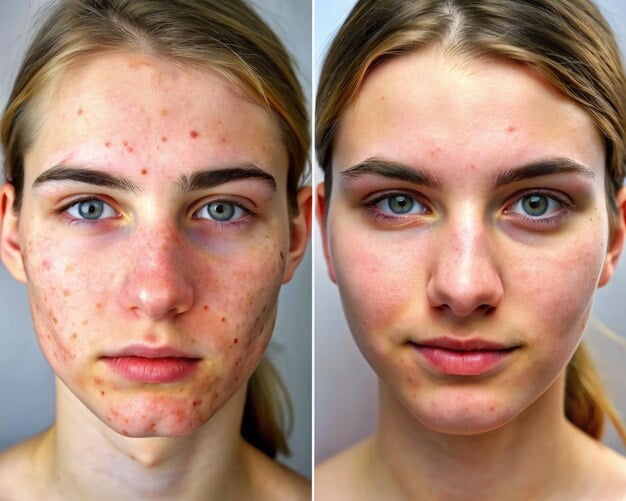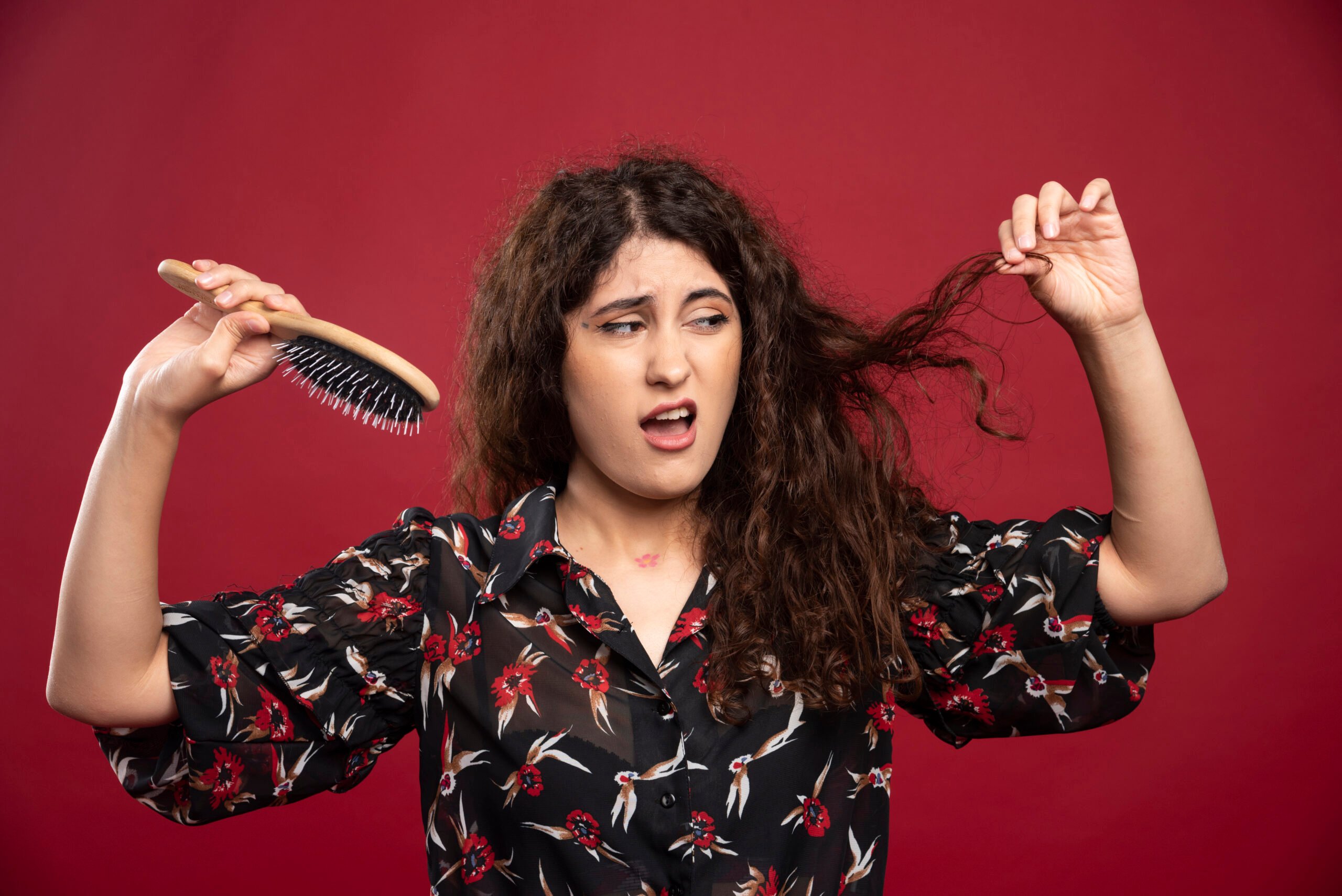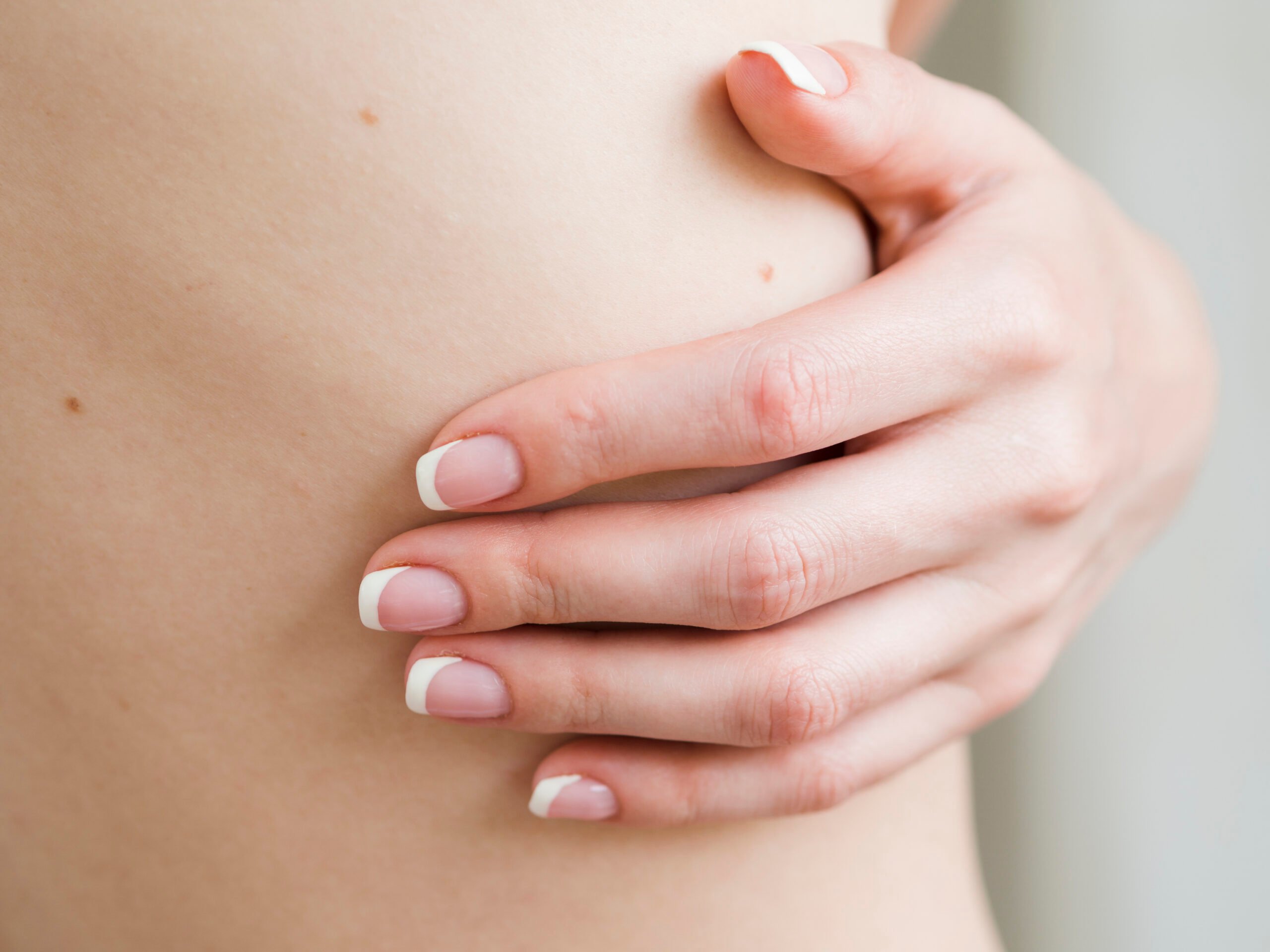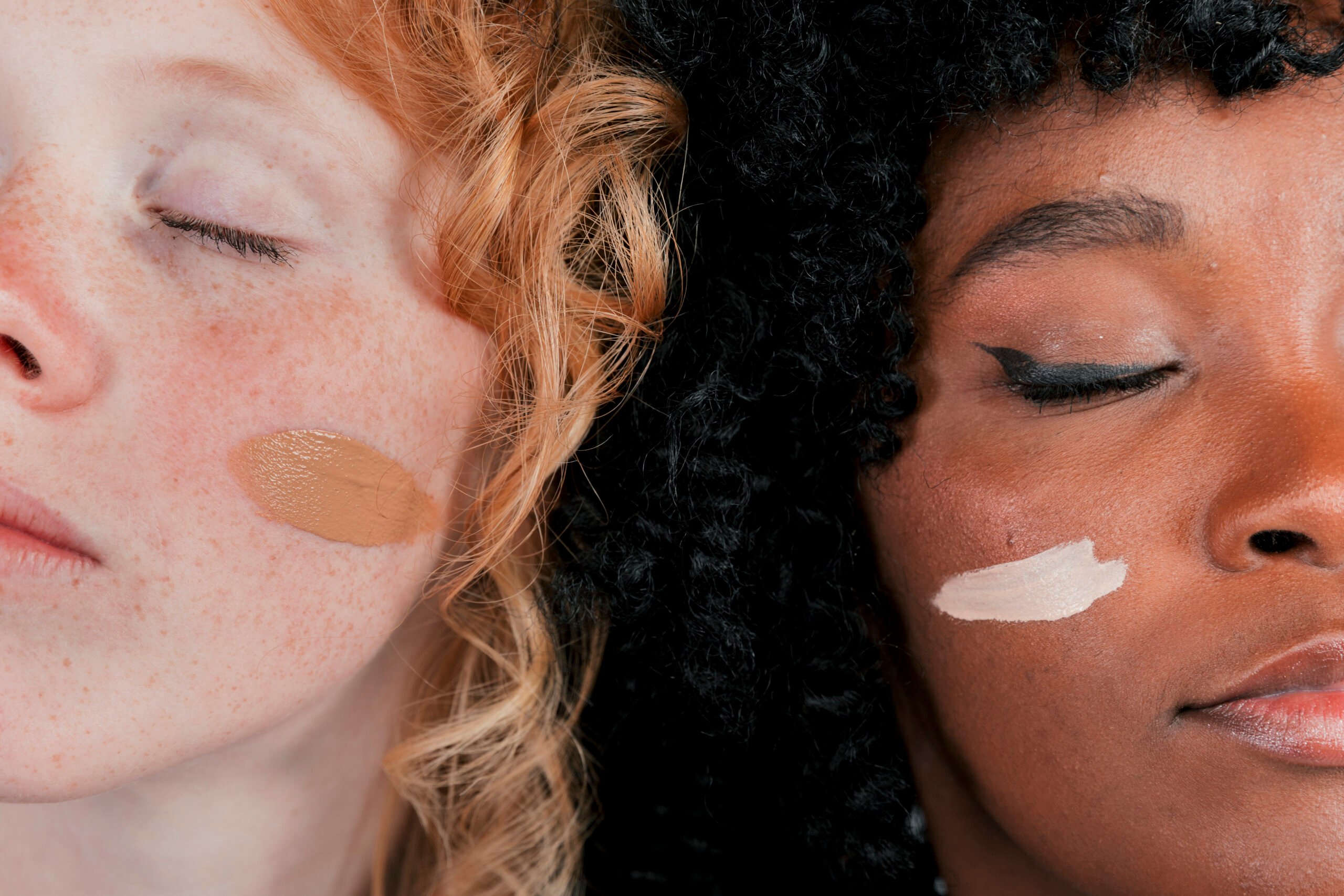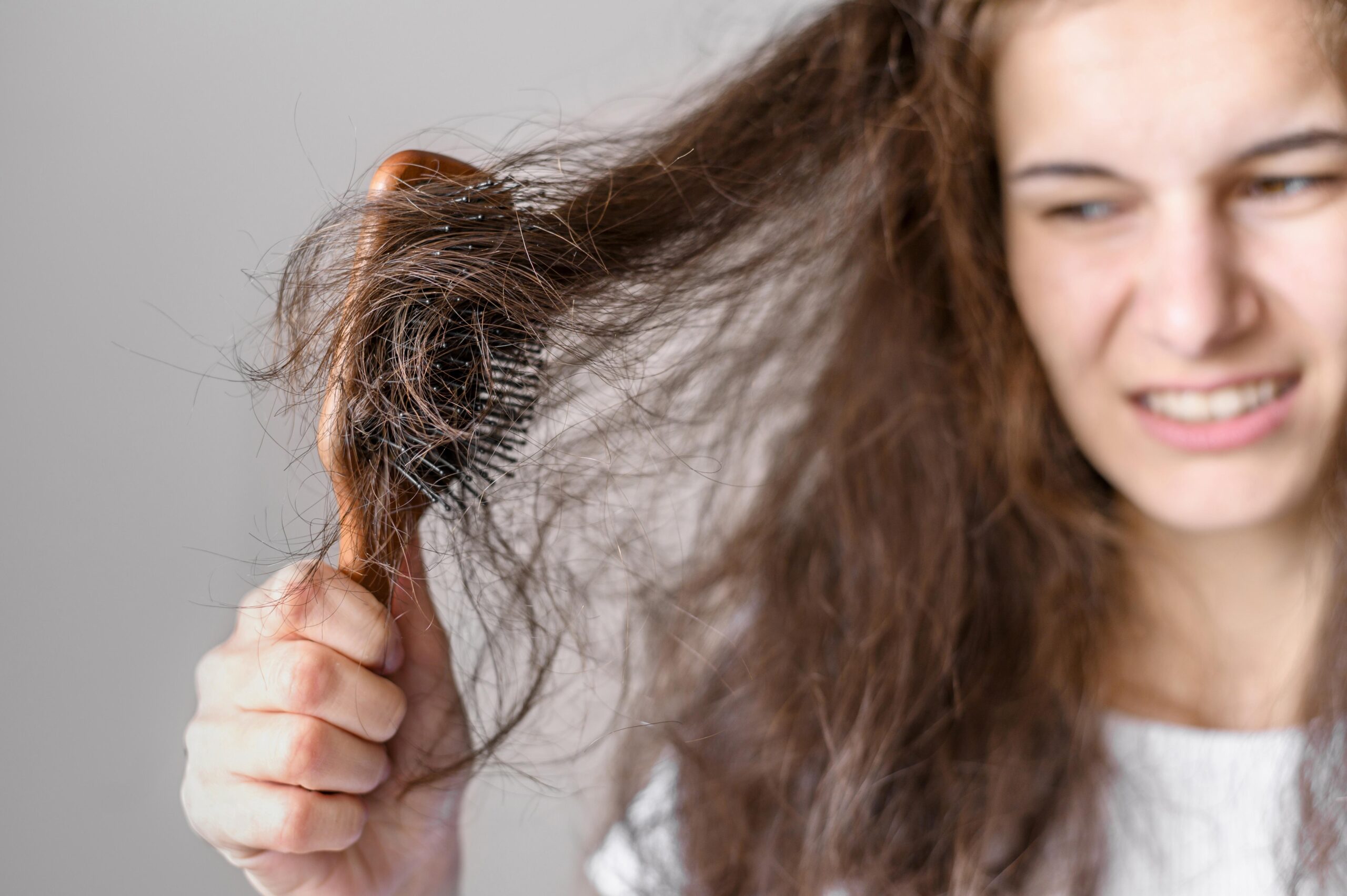Skin
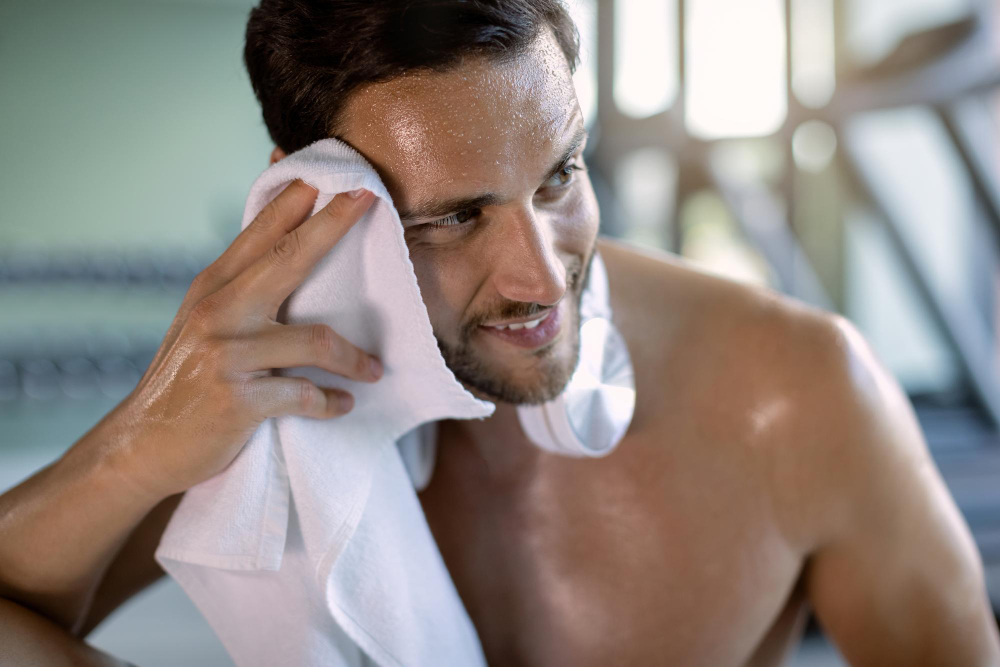
Skin
How to Stop Excessive Sweating (Hyperhidrosis)?
5 minutes read | 9 Feb 24
Ever feel like you're in a constant battle with your own sweat? We've all been there – the dreaded pit stains, the clammy hands, and the awkward social encounters that follow.
Excessive sweating, or hyperhidrosis, can be an uncomfortable and sometimes embarrassing condition. Whether you're dealing with sweaty palms, underarm sweat, or overall excessive perspiration, finding effective ways to manage and reduce sweating is crucial. In this blog, our experts explore the causes of hyperhidrosis and give you a few practical tips for how to reduce sweating and help you stay dry and confident.
What is Hyperhidrosis?
Hyperhidrosis is a medical condition characterised by excessive sweating that goes beyond what is necessary to regulate body temperature. This condition can affect various parts of the body, including the hands, feet, face, and underarms. Individuals with hyperhidrosis may experience sweating even in cool or comfortable environments, leading to discomfort and social challenges.
Causes of Excessive Sweating
Understanding the root causes of hyperhidrosis is essential for effective management. Some common factors contributing to excessive sweating include:
-
Genetics:
Hyperhidrosis often has a genetic component, meaning it can run in families.
-
Medical Conditions:
Certain medical conditions, such as diabetes, thyroid problems, and nervous system disorders, can contribute to excessive sweating.
-
Medications:
Some medications, including certain antidepressants and antipsychotics, may lead to increased sweating as a side effect.
-
Menopause:
Hormonal changes during menopause can cause hot flashes and increased sweating.
-
Stress and Anxiety:
Emotional stress and anxiety can trigger the sweat glands, leading to excessive perspiration.
Treatments for Excessive Sweating

Addressing hyperhidrosis involves various treatment options, including:
-
Antiperspirants:
Over-the-counter and prescription-strength antiperspirants can help control excessive sweating.
-
Medications:
Oral medications like anticholinergics may be prescribed to reduce sweating.
-
Botox Injections:
Treating focal hyperhidrosis, Botulinum toxin type A injections aka Face Botox injections stands out as a secure and efficient method. This approach delivers more enduring results than topical treatments and eliminates the requirement for invasive surgical procedures. At Bodycraft Clinic, we specialise in providing this advanced hyperhidrosis treatment, ensuring comprehensive and expert care for our patients.
-
Iontophoresis:
This therapy involves using a device to deliver a low-level electric current to the affected areas, reducing sweat gland activity.
-
Surgery:
In severe cases, surgical procedures like sympathectomy may be considered to permanently disrupt nerve signals.
How to Reduce Sweating from the Body

In addition to medical treatments for hyperhidrosis, there are lifestyle changes and practices you can adopt to minimise excessive sweating:
- Maintain good hygiene by showering regularly and using antibacterial soap to reduce odour associated with sweating.
- Choose breathable fabrics such as cotton and avoid tight clothing that can trap heat and moisture.
- Stay hydrated to regulate body temperature and support overall health.
- Practice stress-management techniques, such as deep breathing and meditation, to reduce emotional triggers for sweating.
- Use cooling products, like cooling towels or fans, to stay comfortable in warm environments.
- Consider lifestyle adjustments, such as avoiding spicy foods and caffeine, which can stimulate sweat production.
Takeaway
Dealing with hyperhidrosis may require a combination of medical treatments and lifestyle changes. It's crucial to consult with a professional to determine the most appropriate approach for your specific situation. By understanding the causes of excessive sweating and exploring various treatment options, you can take proactive steps towards a drier and more comfortable life.
FAQs Around Excessive Sweating
1. How can I control excessive sweating?
Controlling excessive sweating involves a combination of lifestyle changes, proper hygiene, and, in some cases, medical interventions. Here are some practical tips:
- Use Antiperspirants: Apply antiperspirants to clean, dry skin. Choose products with aluminium chloride for more effective sweat control.
- Wear Breathable Fabrics: Opt for loose-fitting, breathable fabrics like cotton to allow better air circulation and reduce sweating.
- Practice Good Hygiene: Shower regularly, use antibacterial soap, and keep the affected areas dry to prevent bacterial growth and odour.
- Choose the Right Footwear: Wear shoes made of natural materials to allow your feet to breathe, and consider moisture-wicking socks.
- Stay Hydrated: Proper hydration helps regulate body temperature. Drink water throughout the day, especially in warmer weather or during physical activity.
- Manage Stress: Stress and anxiety can trigger excessive sweating. Practice relaxation techniques like deep breathing, meditation, or yoga.
2. Is excessive sweating bad?
Excessive sweating, or hyperhidrosis, is not necessarily harmful to your health, but it can impact your quality of life and emotional well-being. It may lead to discomfort, social anxiety, and skin issues. While not inherently dangerous, persistent excessive sweating may be a symptom of an underlying medical condition that should be addressed.
3. Can dehydration cause excessive sweating?
Surprisingly, dehydration can contribute to excessive sweating. When the body is dehydrated, it attempts to cool down by increasing sweat production. To prevent this, it's important to stay adequately hydrated by drinking enough water throughout the day. However, excessive sweating can also lead to dehydration, creating a cycle that emphasises the importance of maintaining a proper fluid balance.
4. Which foods reduce sweating?
While no specific foods can completely eliminate sweating, some foods may help regulate body temperature and reduce the likelihood of excessive perspiration.
- Water-rich Foods: Fruits and vegetables with high water content, such as watermelon, cucumber, and oranges, help keep the body hydrated and support overall fluid balance.
- Fruits: Berries, citrus fruits, and melons not only provide hydration but also contain vitamins and minerals that promote skin health and regulate body functions.
- High-Fiber Foods: Whole grains, legumes, and fibrous vegetables contribute to a balanced diet. Fibre-rich foods can help stabilise blood sugar levels, indirectly influencing sweat production.
5. Will drinking water reduce sweating?
Drinking water is essential for overall health and can help regulate body temperature, but it may not directly reduce sweating. Sweating is a natural mechanism to cool down the body, especially during physical activity or in warm environments. While staying hydrated is crucial, it won't eliminate the need for the body to sweat when necessary. However, proper hydration can prevent dehydration-induced sweating, ensuring that the body functions optimally.
Related categories
Get a complimentary consultation today. Book now
























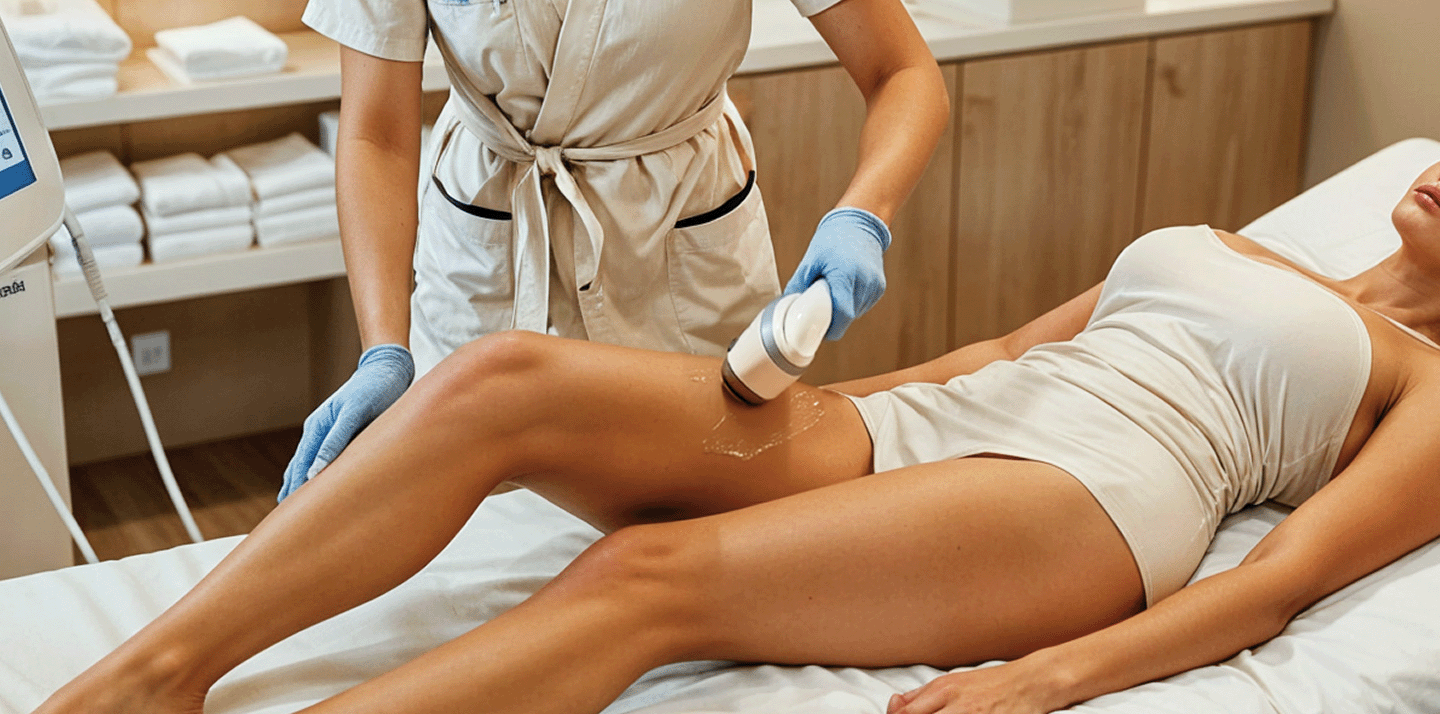














.png)

























-1.png)

